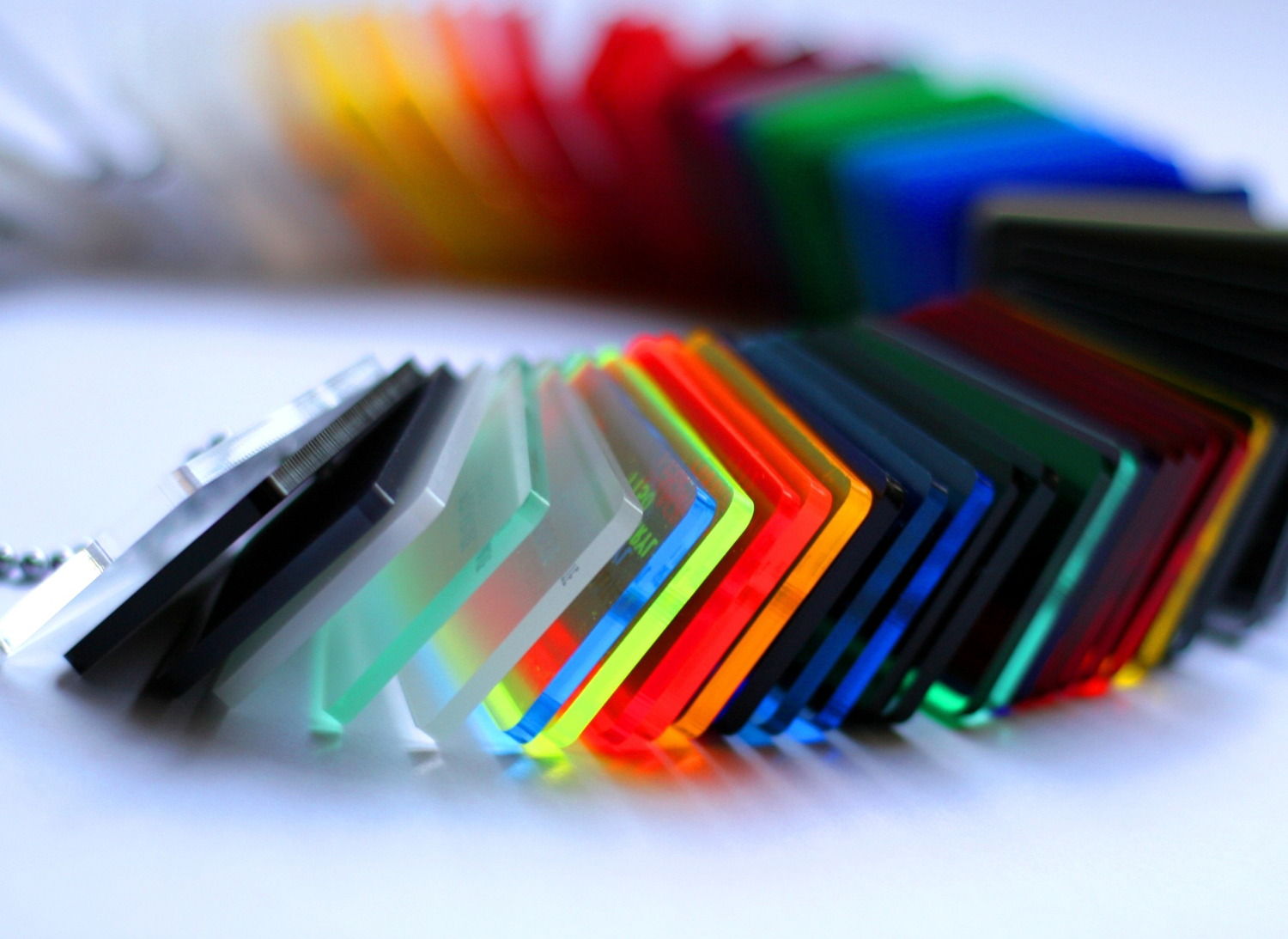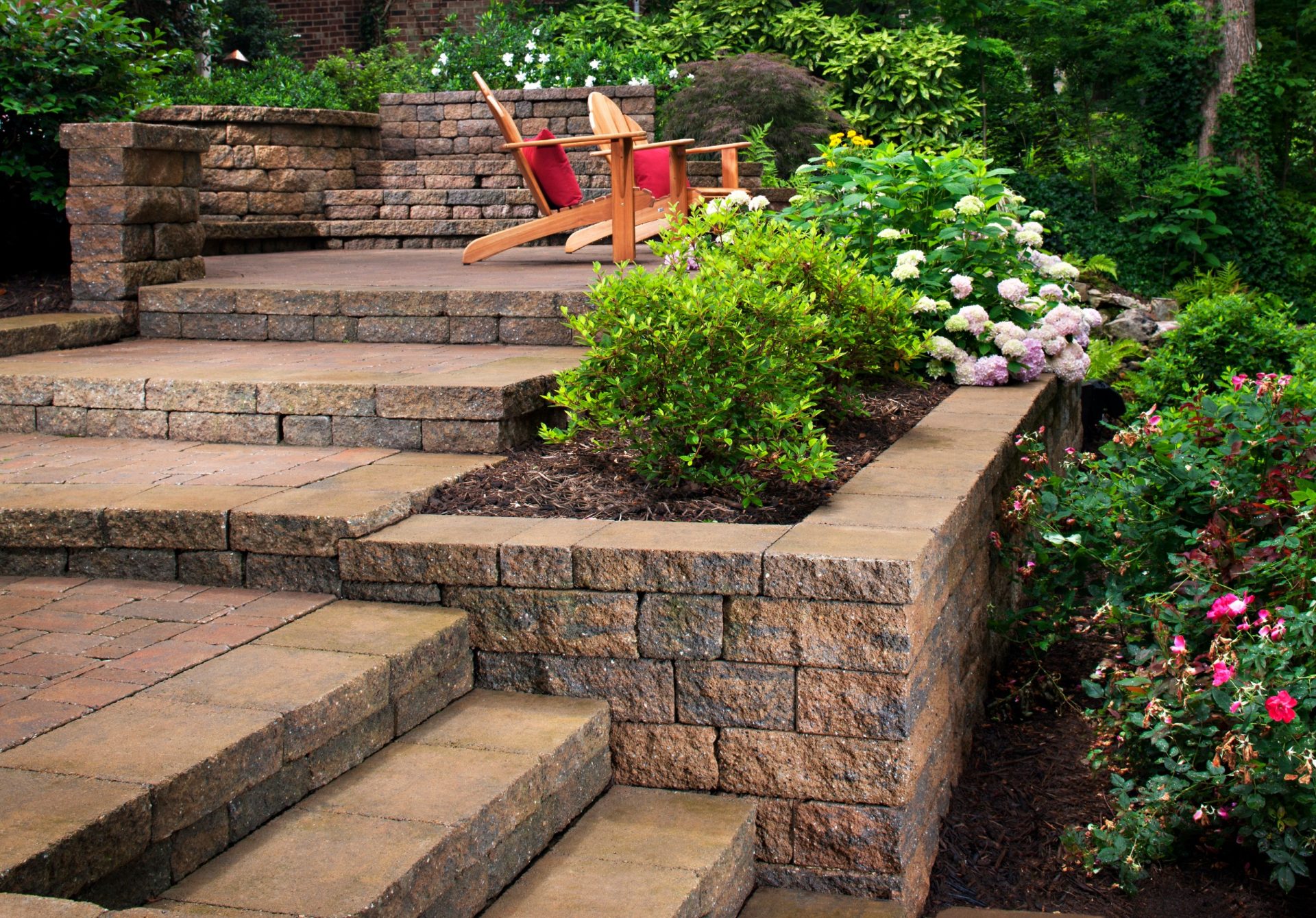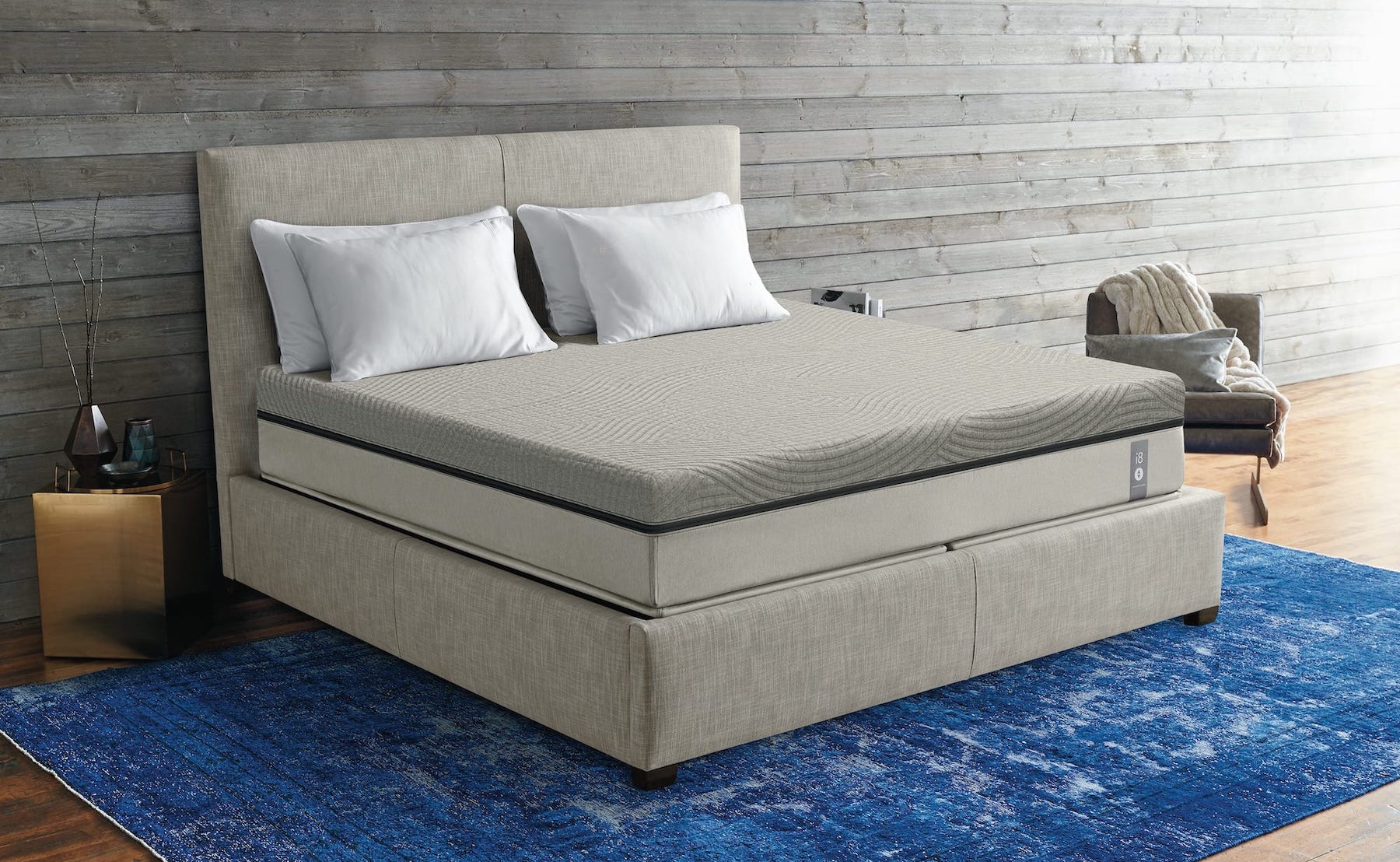When it comes to bathroom vanities, marble is often seen as a luxurious and elegant choice. Known for its unique veining and smooth surface, marble is a timeless material that can instantly elevate the look of any bathroom. It is also highly durable, making it a top choice for homeowners looking for long-lasting bathroom vanity materials. Marble is a type of natural stone that is formed from limestone that has undergone intense heat and pressure. This process creates a dense and hard surface that is resistant to scratches and chips. It is also heat-resistant, making it a great option for bathrooms where hot styling tools may be used. One of the main advantages of using marble for a bathroom vanity is its aesthetic appeal. With its luxurious and classic look, it can add a touch of elegance to any bathroom design. It also comes in a variety of colors and patterns, making it easy to find the perfect fit for your bathroom. However, it is important to note that marble is a porous material, which means it can absorb liquids and stains if not properly sealed. It also requires regular maintenance to keep its shine and prevent etching from acidic substances. But with proper care, a marble bathroom vanity can last for decades, making it a worthwhile investment for any homeowner. Marble
Quartz is a man-made material that is often used for bathroom vanities. It is made up of crushed natural quartz and resin, resulting in a strong and durable surface that is also non-porous. This means it is resistant to stains, scratches, and bacteria, making it a hygienic choice for bathrooms. One of the main benefits of quartz is its versatility in design. It is available in a wide range of colors, patterns, and finishes, allowing homeowners to create a custom look for their bathroom. It also has a consistent pattern, unlike natural stones like marble, making it a popular choice for those looking for a modern and sleek bathroom vanity. In terms of maintenance, quartz is relatively low-maintenance compared to other materials. It does not require sealing and can be easily cleaned with mild soap and water. However, it is not recommended to use abrasive cleaners or harsh chemicals on quartz as it may damage the surface. With its durability and design options, quartz bathroom vanities are a popular choice for busy households and those looking for a low-maintenance option for their bathroom. Quartz
Granite is another natural stone that is commonly used for bathroom vanities. It is formed from molten magma and is known for its durability and resistance to heat and scratches. It also has a unique and natural appearance, with each slab having its own distinct pattern and color. One of the main advantages of granite is its strength. It is a dense and hard material, making it resistant to cracks and chips. It is also heat-resistant, making it a great option for bathrooms where hot styling tools may be used. With proper sealing, granite can also be stain-resistant. However, granite does require regular maintenance and sealing to keep it in good condition. It is also a heavy material, so it may require extra support for installation. But with its durability and timeless appeal, a granite bathroom vanity can last for many years, making it a popular choice for homeowners. Granite
Solid surface materials, such as Corian and Swanstone, are man-made materials that are becoming increasingly popular for bathroom vanities. They are made up of a blend of acrylic, polyester resins, and pigments, creating a smooth and seamless surface that is also non-porous. Solid surface materials offer a wide range of design options, as they can be molded into various shapes and sizes. They are also available in a variety of colors and finishes, making it easy to match with any bathroom design. They are also relatively low-maintenance, as they can be easily cleaned with mild soap and water. However, solid surface materials may not be as durable as natural stones. They may be susceptible to scratches and chips, and can also be damaged by high heat. But with proper care and maintenance, a solid surface bathroom vanity can last for many years and provide a sleek and modern look to any bathroom. Solid Surface
Engineered stone, also known as quartzite, is a man-made material that is designed to mimic the look of natural stones like marble and granite. It is made up of a blend of natural quartz and resins, creating a strong and durable surface that is also non-porous. One of the main advantages of engineered stone is its ability to imitate the look of natural stones at a lower cost. It also offers a wide range of color and pattern options, allowing homeowners to achieve the look they want for their bathroom. It is also low-maintenance and does not require sealing. However, engineered stone may not be as heat-resistant as natural stones and can be prone to chipping if not handled carefully. But with its durability and design options, it is a popular choice for those looking for a budget-friendly bathroom vanity material that still offers the look of natural stone. Engineered Stone
Laminate is a man-made material that is often used for bathroom vanities. It is made up of layers of paper and resin that are fused together under high heat and pressure. Laminate is known for its affordability, wide range of design options, and low-maintenance. Laminate is available in a variety of colors, patterns, and finishes, making it easy to create a custom look for your bathroom. It is also a budget-friendly option, making it a popular choice for those looking to update their bathroom on a budget. It is also relatively easy to clean and does not require sealing. However, laminate may not be as durable as other materials and can be prone to scratches and water damage. It may also be difficult to repair if it becomes damaged. But with proper care, a laminate bathroom vanity can last for many years and provide a cost-effective solution for bathroom remodeling. Laminate
Wood is a classic and timeless material that is often used for bathroom vanities. It offers a warm and natural look to any bathroom and is available in a variety of wood species, finishes, and designs. It is also a durable material, making it a popular choice for bathroom vanities. One of the main advantages of wood is its ability to add warmth and character to a bathroom. It is also easy to customize, as it can be stained or painted to achieve the desired look. It is also relatively low-maintenance, as it can be easily cleaned with a mild soap and water. However, wood may not be as water-resistant as other materials and can be prone to warping or cracking if not properly sealed. It may also require more maintenance, such as regular sealing and refinishing, to keep it in good condition. But with its natural beauty and durability, a wood bathroom vanity can add a touch of rustic charm to any bathroom. Wood
Stainless steel is a durable and hygienic material that is often used for bathroom vanities. It is resistant to water, stains, and bacteria, making it a practical choice for busy households. It is also a sleek and modern material, making it a popular choice for contemporary bathroom designs. Stainless steel is a low-maintenance material that can be easily cleaned with mild soap and water. It is also heat-resistant, making it a great option for bathrooms where hot styling tools may be used. It is also a durable material that can withstand the wear and tear of daily use. However, stainless steel may not be as versatile in design as other materials and may not be suitable for all bathroom styles. It may also be prone to scratches and dents if not handled carefully. But with its durability and practicality, a stainless steel bathroom vanity can add a touch of modern sophistication to any bathroom. Stainless Steel
Concrete is a versatile and durable material that is gaining popularity in bathroom design, including for vanities. It can be cast into various shapes and sizes, making it a great option for custom bathroom vanities. It is also a strong and long-lasting material, making it a practical choice for busy households. One of the main advantages of concrete is its ability to be customized to fit any bathroom design. It can be stained, polished, or textured to achieve the desired look. It is also resistant to water and stains, making it a hygienic option for bathrooms. However, concrete may not be as heat-resistant as other materials and may require regular sealing to prevent staining. It may also be prone to cracking if not properly sealed. But with its unique and customizable look, a concrete bathroom vanity can add a modern and industrial touch to any bathroom. Concrete
Acrylic is a synthetic material that is often used for bathroom vanities. It is a lightweight and durable material that is available in a variety of colors and finishes. It is also a budget-friendly option, making it a popular choice for those looking to update their bathroom on a budget. Acrylic is a low-maintenance material that is resistant to water and stains. It is also easy to clean with mild soap and water. It is also lightweight, making it easier to install compared to other materials. However, acrylic may not be as durable as other materials and can be prone to scratches and chips. It may also discolor or warp if exposed to high heat. But with its affordability and ease of maintenance, an acrylic bathroom vanity can be a great option for those looking for a budget-friendly bathroom update. Acrylic
The Importance of Choosing the Most Durable Bathroom Vanity Material
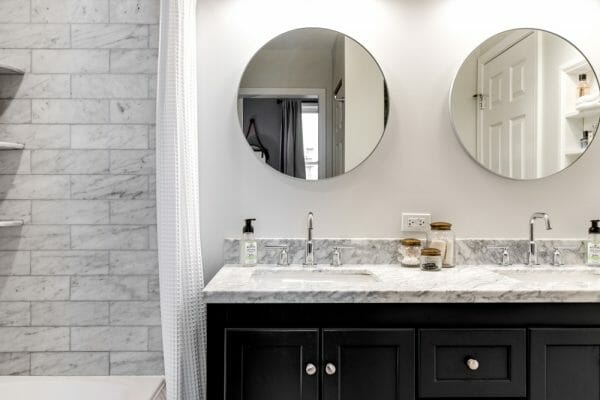 When it comes to designing a bathroom, one of the most important elements to consider is the vanity. Not only does it serve as a functional space for daily grooming, but it also adds to the overall aesthetic of the room. With a wide variety of bathroom vanity materials available on the market, it can be overwhelming to choose the right one. However, it is crucial to select a durable material that will withstand the daily wear and tear of a bathroom.
Bathroom vanity materials that are durable are essential for ensuring longevity and low maintenance in your bathroom.
When it comes to designing a bathroom, one of the most important elements to consider is the vanity. Not only does it serve as a functional space for daily grooming, but it also adds to the overall aesthetic of the room. With a wide variety of bathroom vanity materials available on the market, it can be overwhelming to choose the right one. However, it is crucial to select a durable material that will withstand the daily wear and tear of a bathroom.
Bathroom vanity materials that are durable are essential for ensuring longevity and low maintenance in your bathroom.
Factors to Consider when Choosing a Durable Bathroom Vanity Material
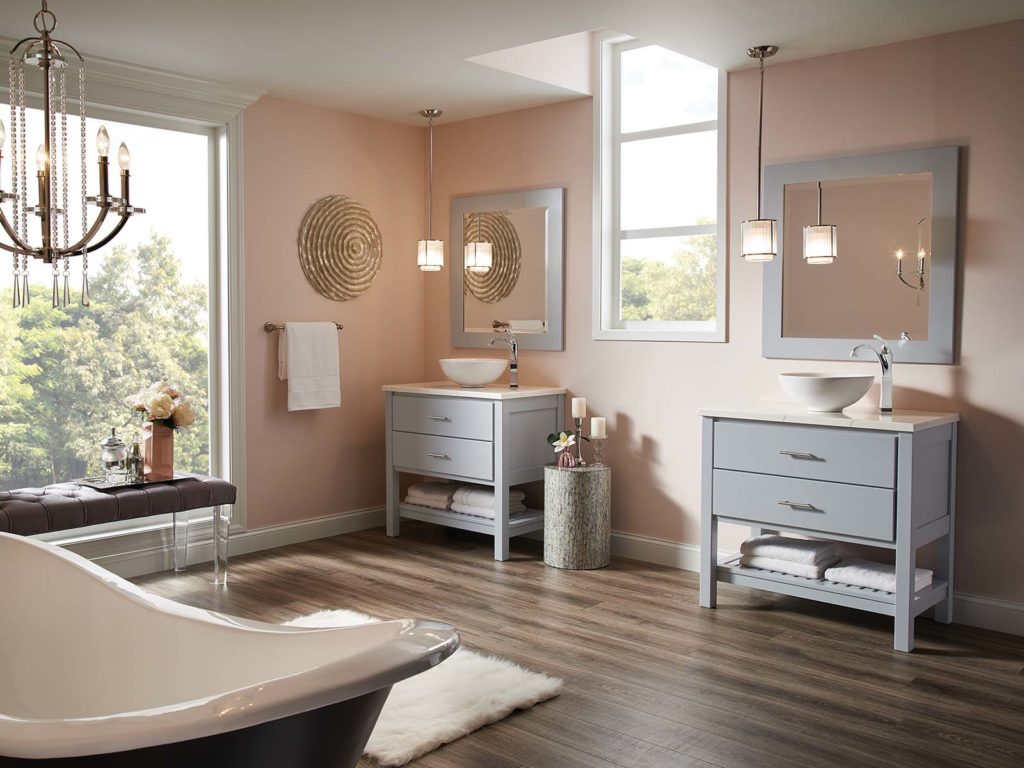 Before diving into the most durable materials for bathroom vanities, it is essential to understand the factors that make a material durable. The first factor to consider is moisture resistance. Bathrooms are high-moisture areas, so it is crucial to choose a material that can withstand constant exposure to water without warping or degrading. Additionally, a durable bathroom vanity material should be resistant to scratches, stains, and heat. These factors will ensure that your vanity maintains its functionality and appearance for years to come.
Quartz
is one of the most popular and durable materials for bathroom vanities. It is a man-made material composed of 93% natural quartz stone and 7% resin, making it highly resistant to scratches, stains, and moisture. This material is also non-porous, making it easy to clean and maintain. Its durability and versatility make it a top choice for bathroom vanities.
Another durable option for bathroom vanities is
granite
. This natural stone is known for its strength and durability, making it an ideal material for high-traffic bathrooms. It is also heat and scratch-resistant, making it a practical choice for daily use. However, it is essential to seal granite regularly to maintain its durability.
Before diving into the most durable materials for bathroom vanities, it is essential to understand the factors that make a material durable. The first factor to consider is moisture resistance. Bathrooms are high-moisture areas, so it is crucial to choose a material that can withstand constant exposure to water without warping or degrading. Additionally, a durable bathroom vanity material should be resistant to scratches, stains, and heat. These factors will ensure that your vanity maintains its functionality and appearance for years to come.
Quartz
is one of the most popular and durable materials for bathroom vanities. It is a man-made material composed of 93% natural quartz stone and 7% resin, making it highly resistant to scratches, stains, and moisture. This material is also non-porous, making it easy to clean and maintain. Its durability and versatility make it a top choice for bathroom vanities.
Another durable option for bathroom vanities is
granite
. This natural stone is known for its strength and durability, making it an ideal material for high-traffic bathrooms. It is also heat and scratch-resistant, making it a practical choice for daily use. However, it is essential to seal granite regularly to maintain its durability.
The Benefits of Choosing a Durable Bathroom Vanity Material
 Opting for a durable material for your bathroom vanity comes with many benefits. Firstly, it will save you from frequent repairs and replacements, saving you time and money in the long run. Durable materials also have a longer lifespan, making them a worthwhile investment. Additionally, a durable bathroom vanity will maintain its appearance and functionality, adding value to your home and enhancing the overall look and feel of your bathroom.
In conclusion, choosing the most durable bathroom vanity material is crucial for a functional and long-lasting bathroom. Consider factors such as moisture resistance, scratch and stain resistance, and heat resistance when selecting a material. Quartz and granite are excellent options for durable bathroom vanities, but there are also other materials such as marble and concrete that offer durability and unique aesthetics. Ultimately, investing in a durable bathroom vanity material will pay off in the long run, providing you with a beautiful and functional bathroom for years to come.
Opting for a durable material for your bathroom vanity comes with many benefits. Firstly, it will save you from frequent repairs and replacements, saving you time and money in the long run. Durable materials also have a longer lifespan, making them a worthwhile investment. Additionally, a durable bathroom vanity will maintain its appearance and functionality, adding value to your home and enhancing the overall look and feel of your bathroom.
In conclusion, choosing the most durable bathroom vanity material is crucial for a functional and long-lasting bathroom. Consider factors such as moisture resistance, scratch and stain resistance, and heat resistance when selecting a material. Quartz and granite are excellent options for durable bathroom vanities, but there are also other materials such as marble and concrete that offer durability and unique aesthetics. Ultimately, investing in a durable bathroom vanity material will pay off in the long run, providing you with a beautiful and functional bathroom for years to come.



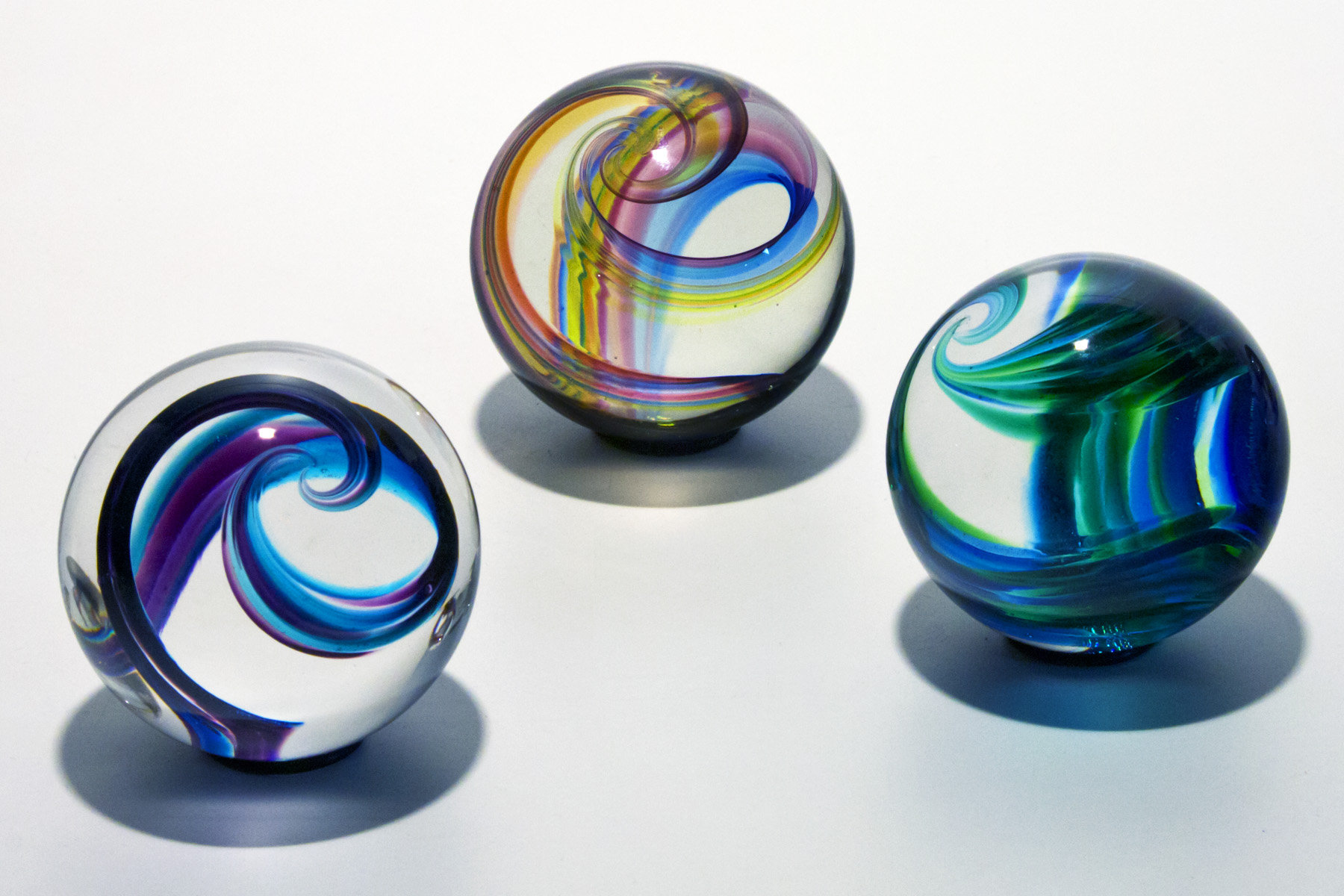
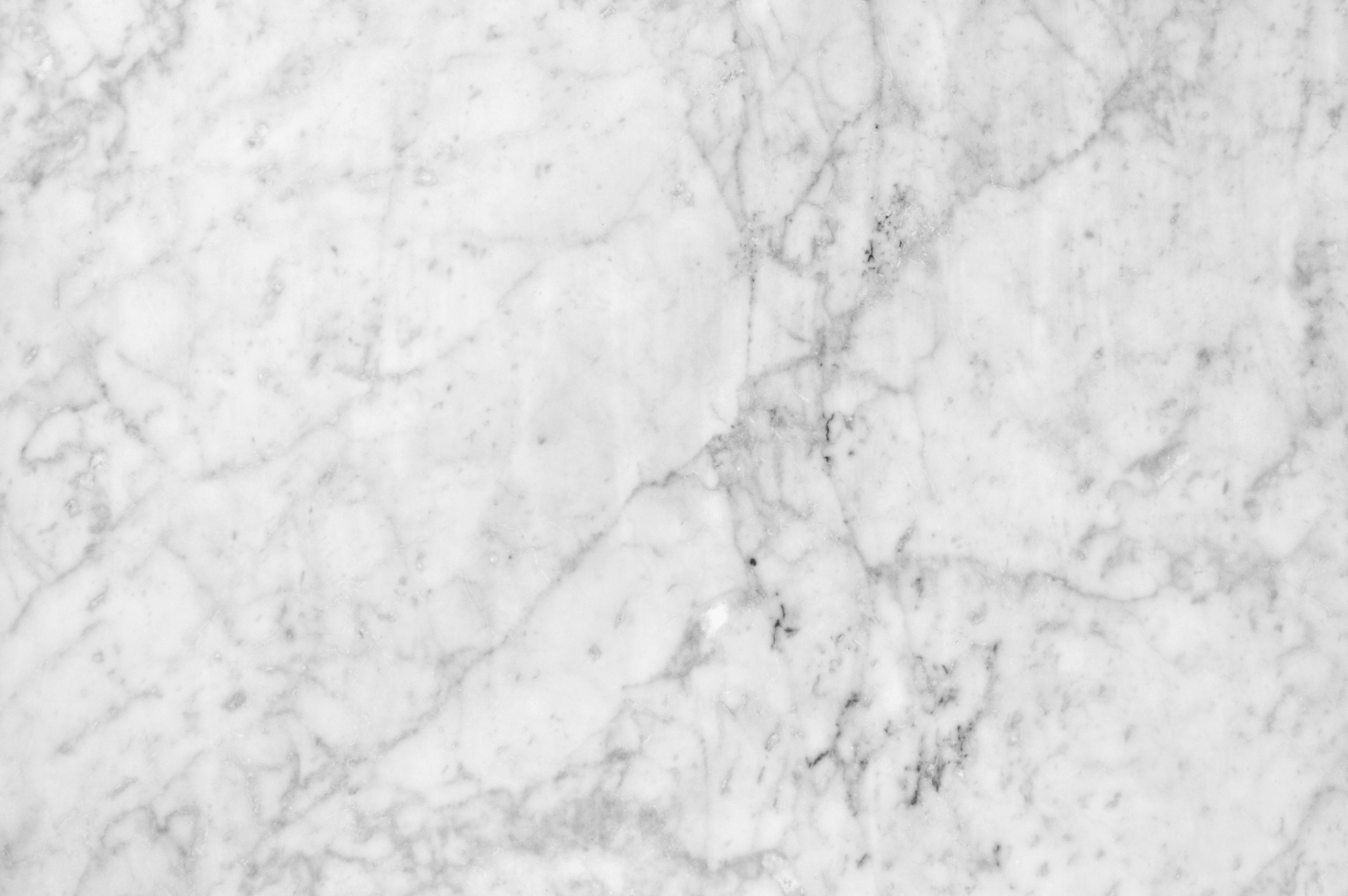
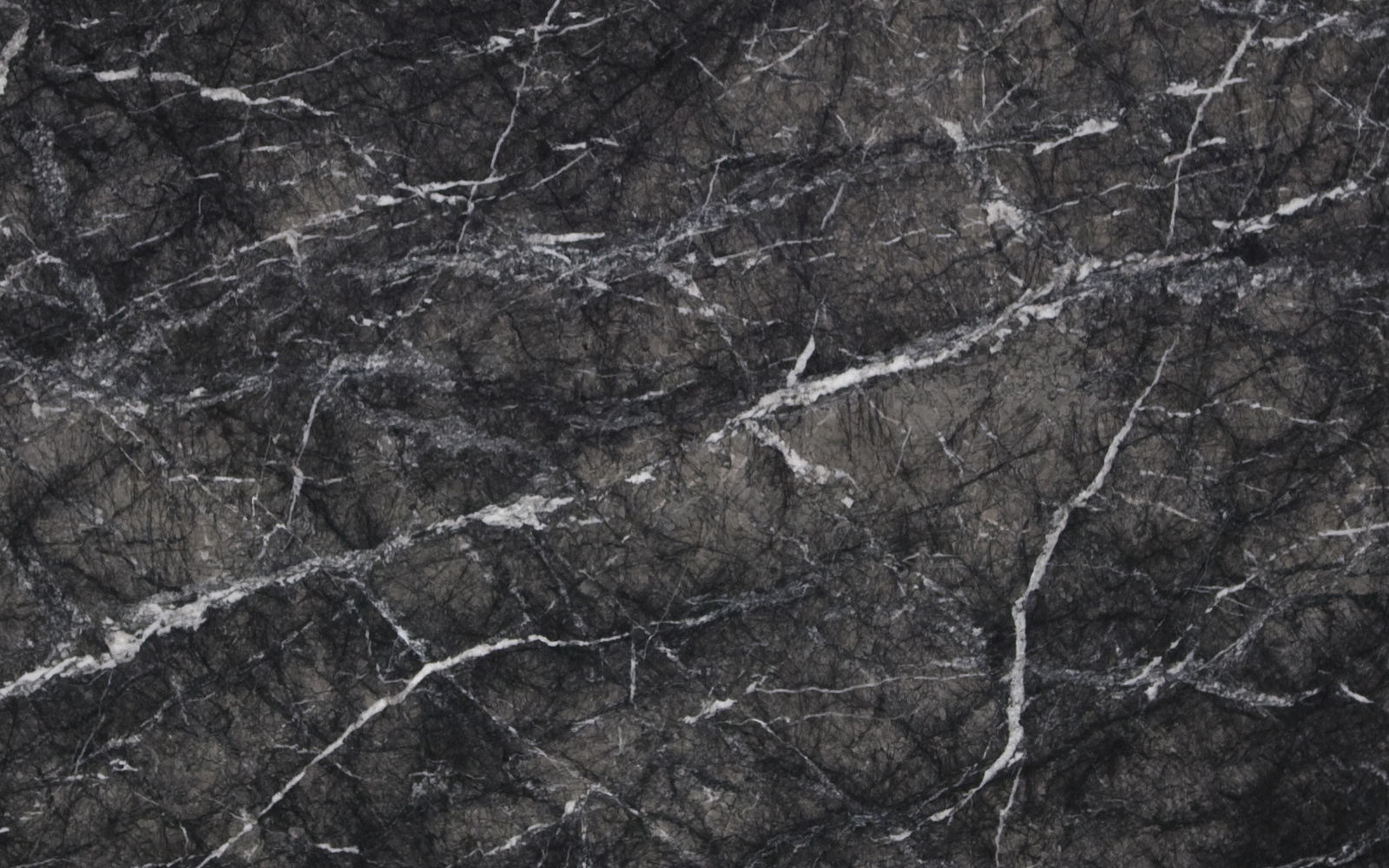





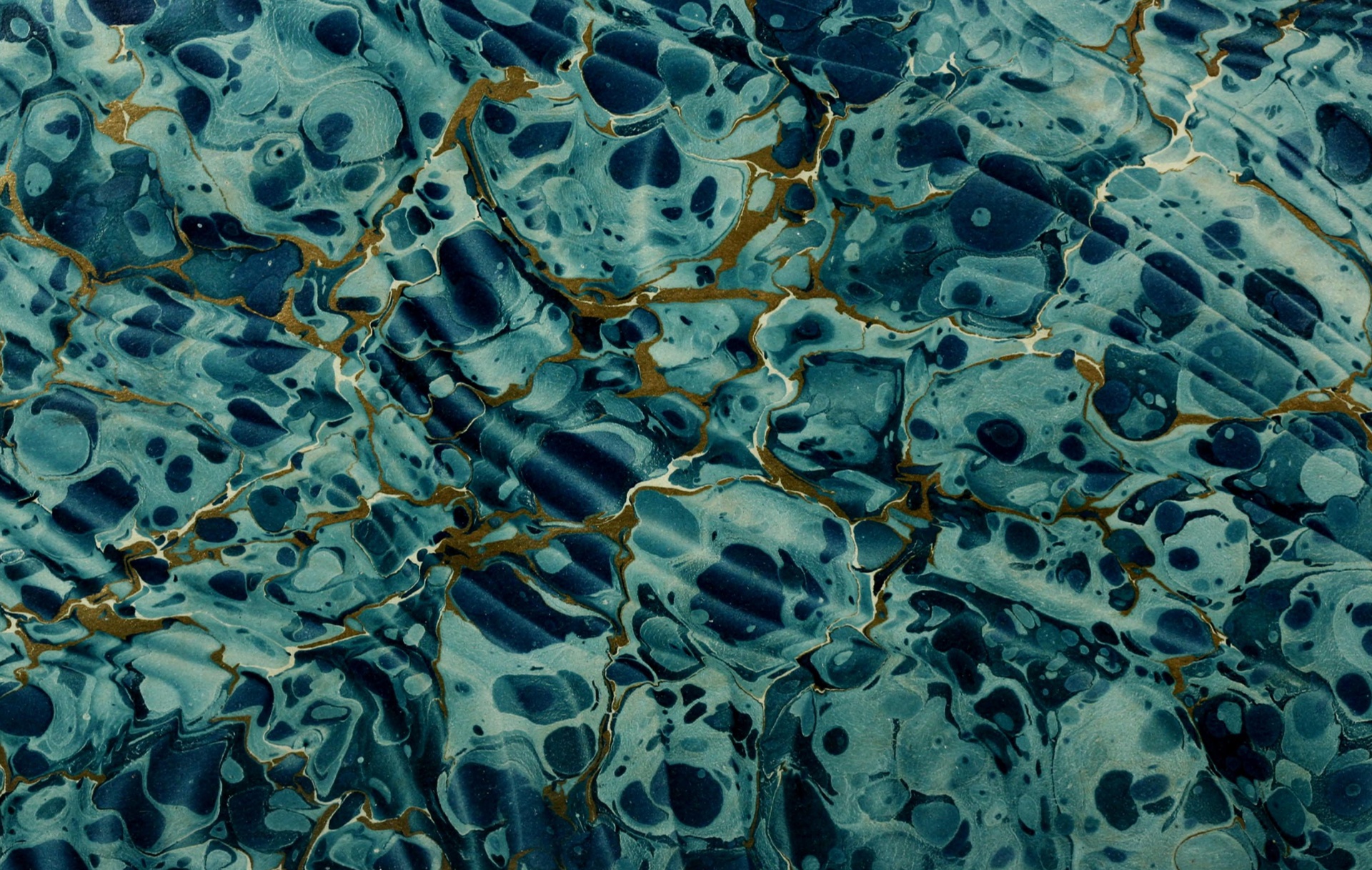
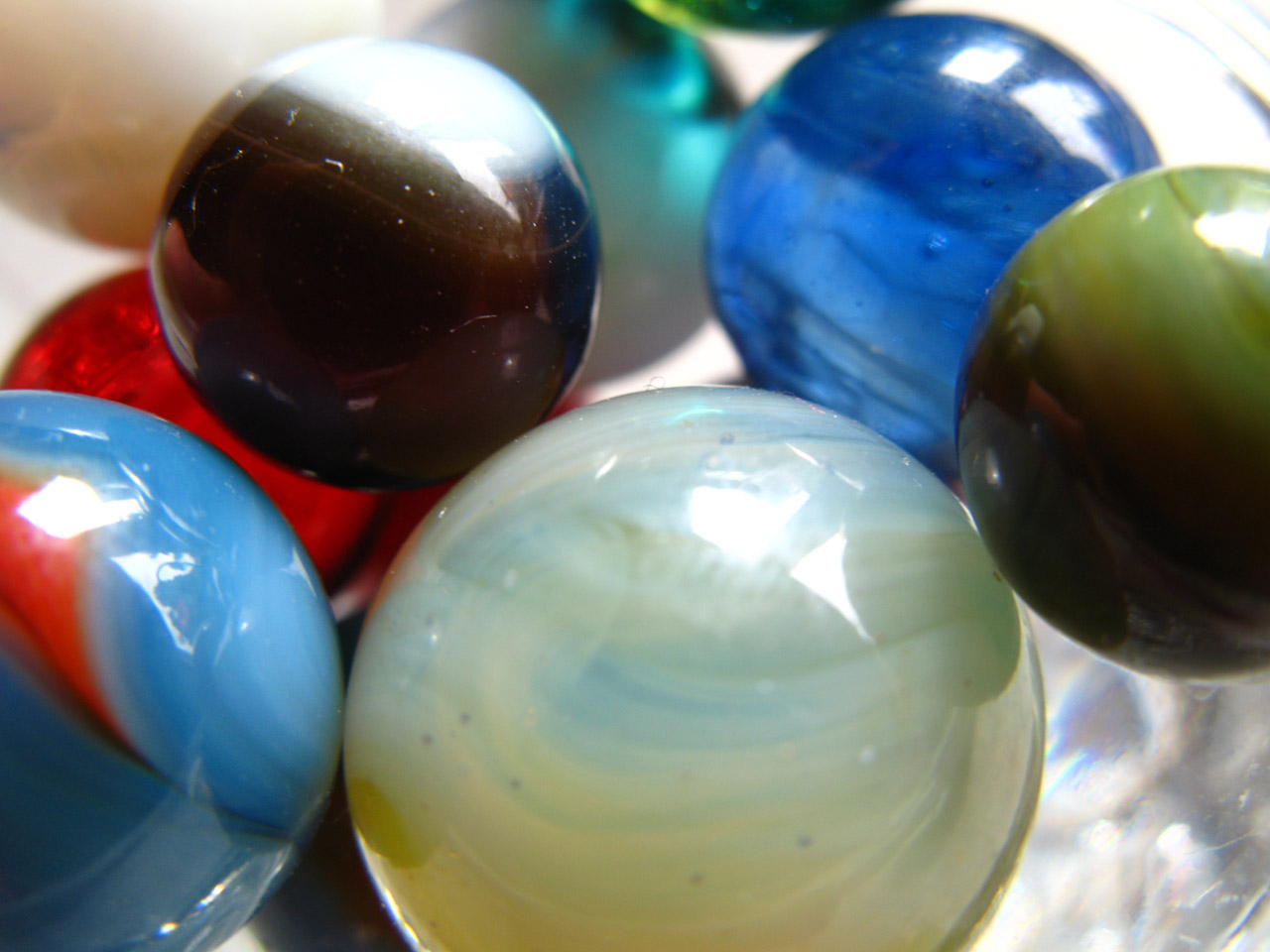


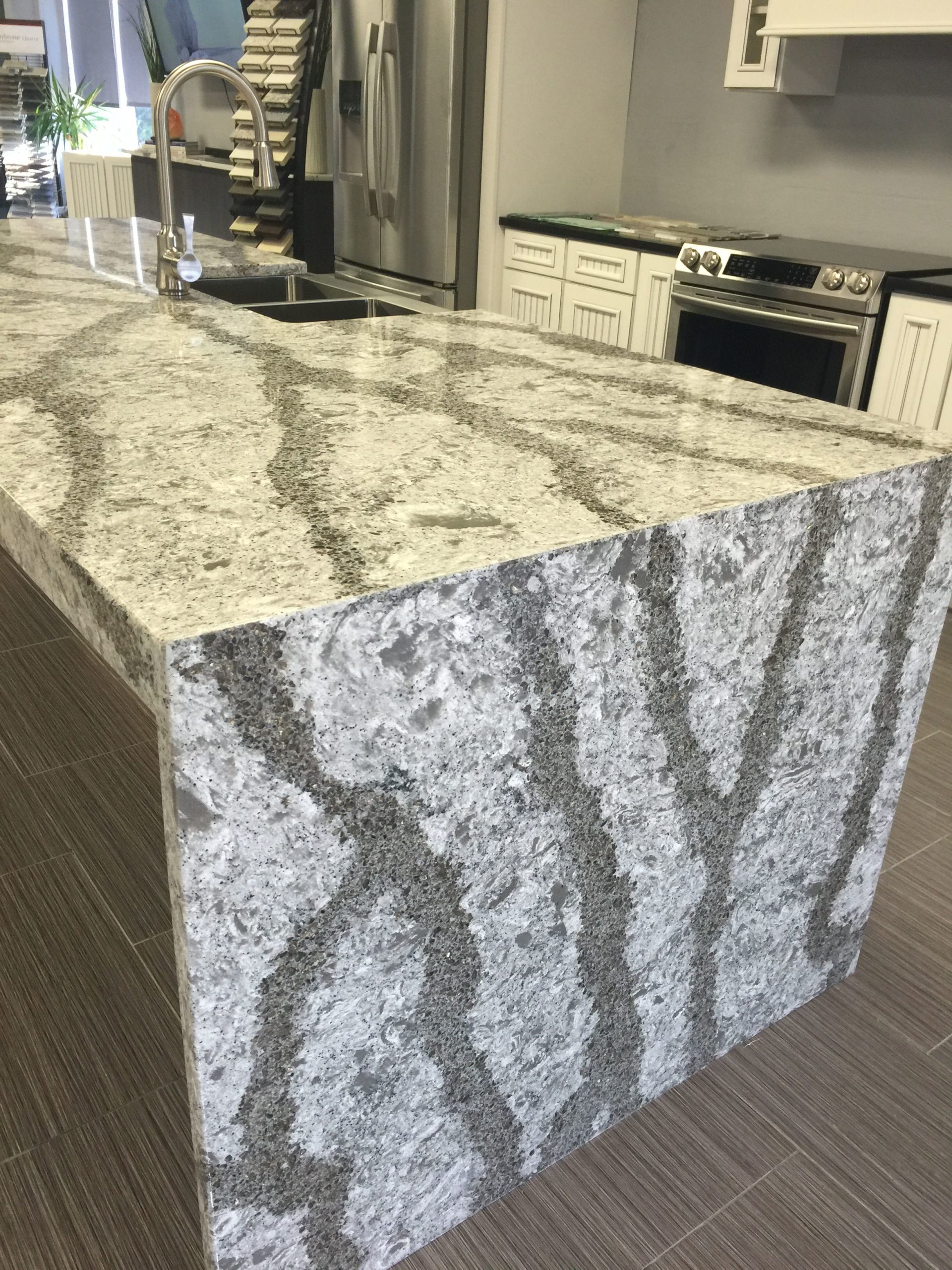
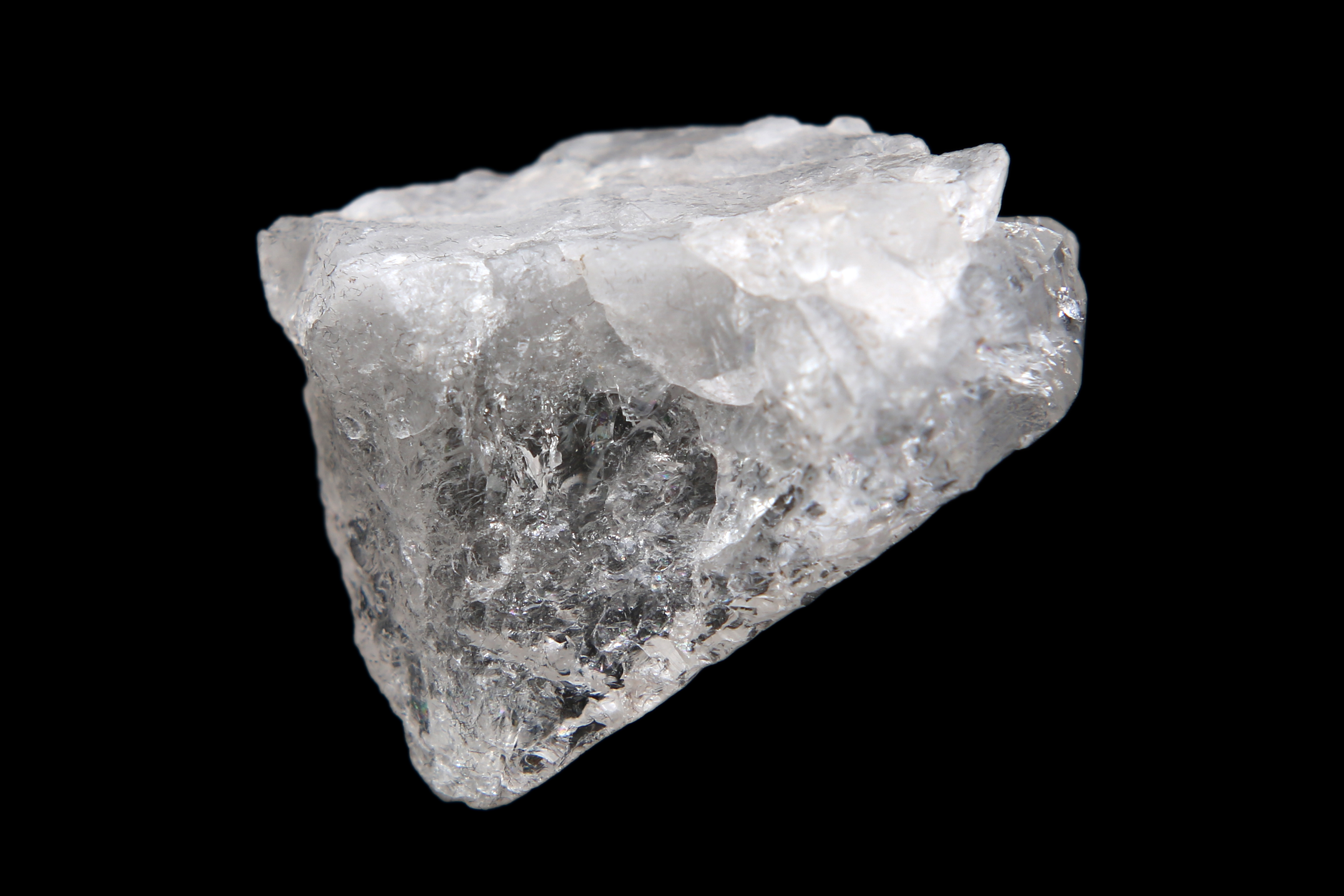
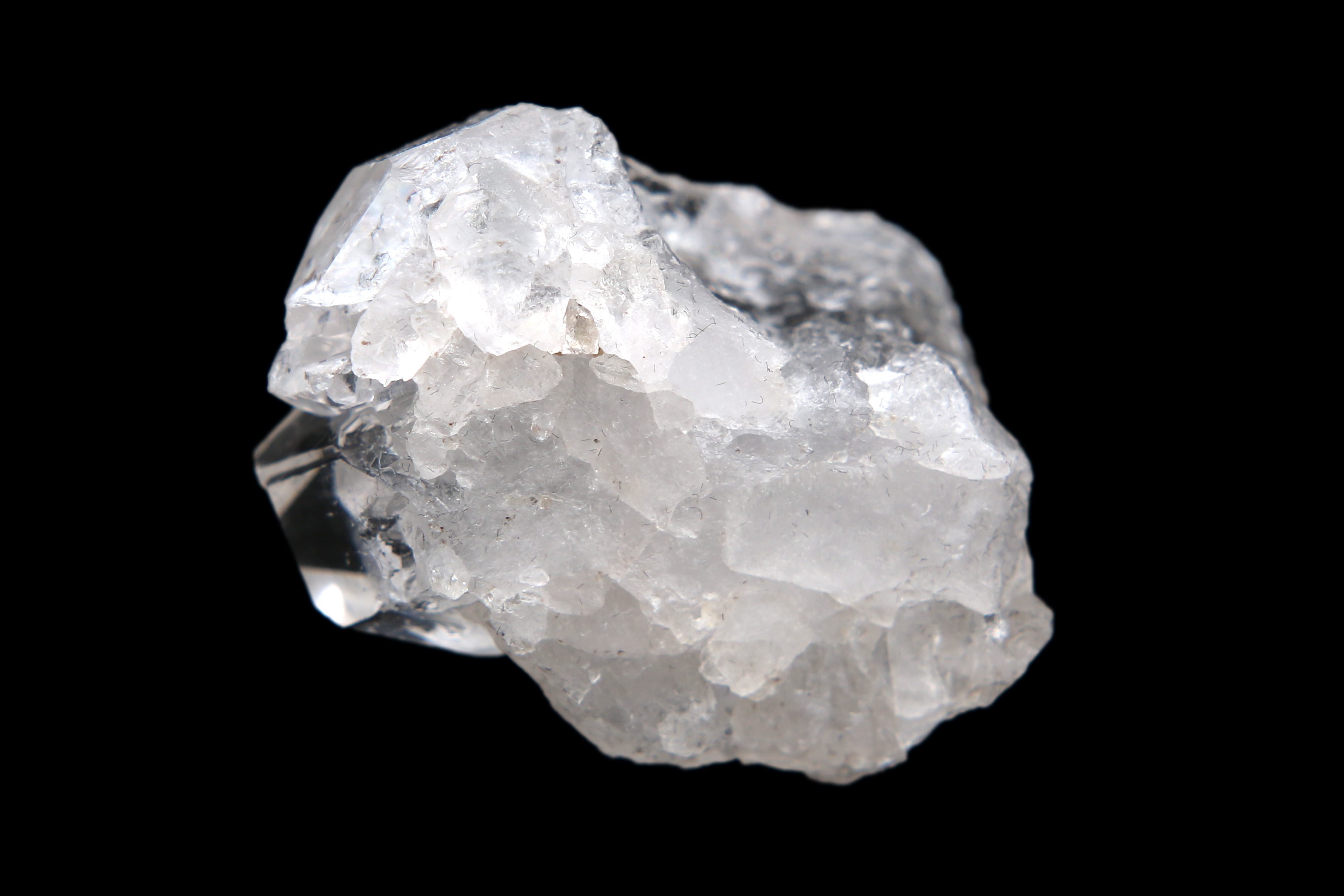
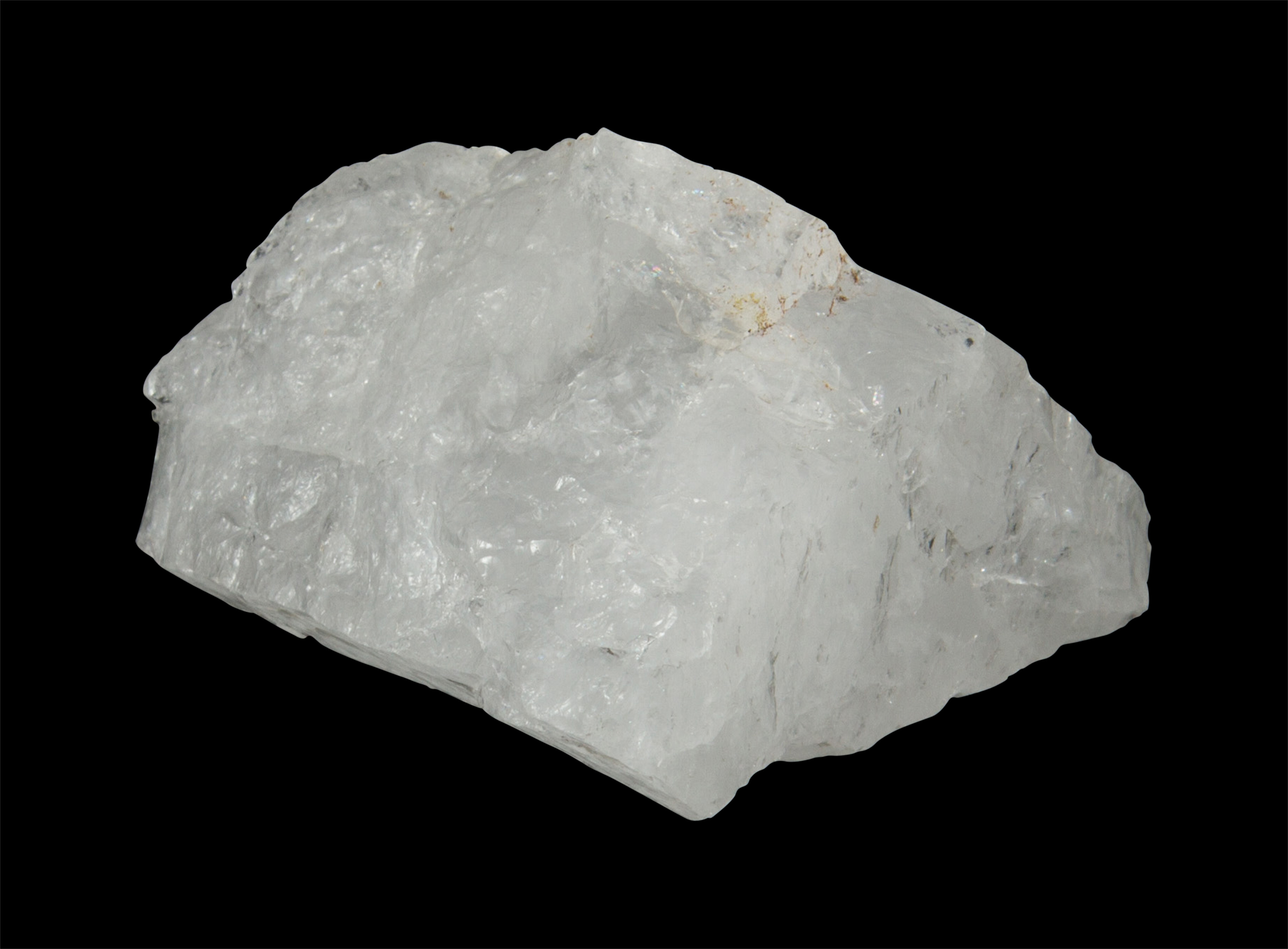
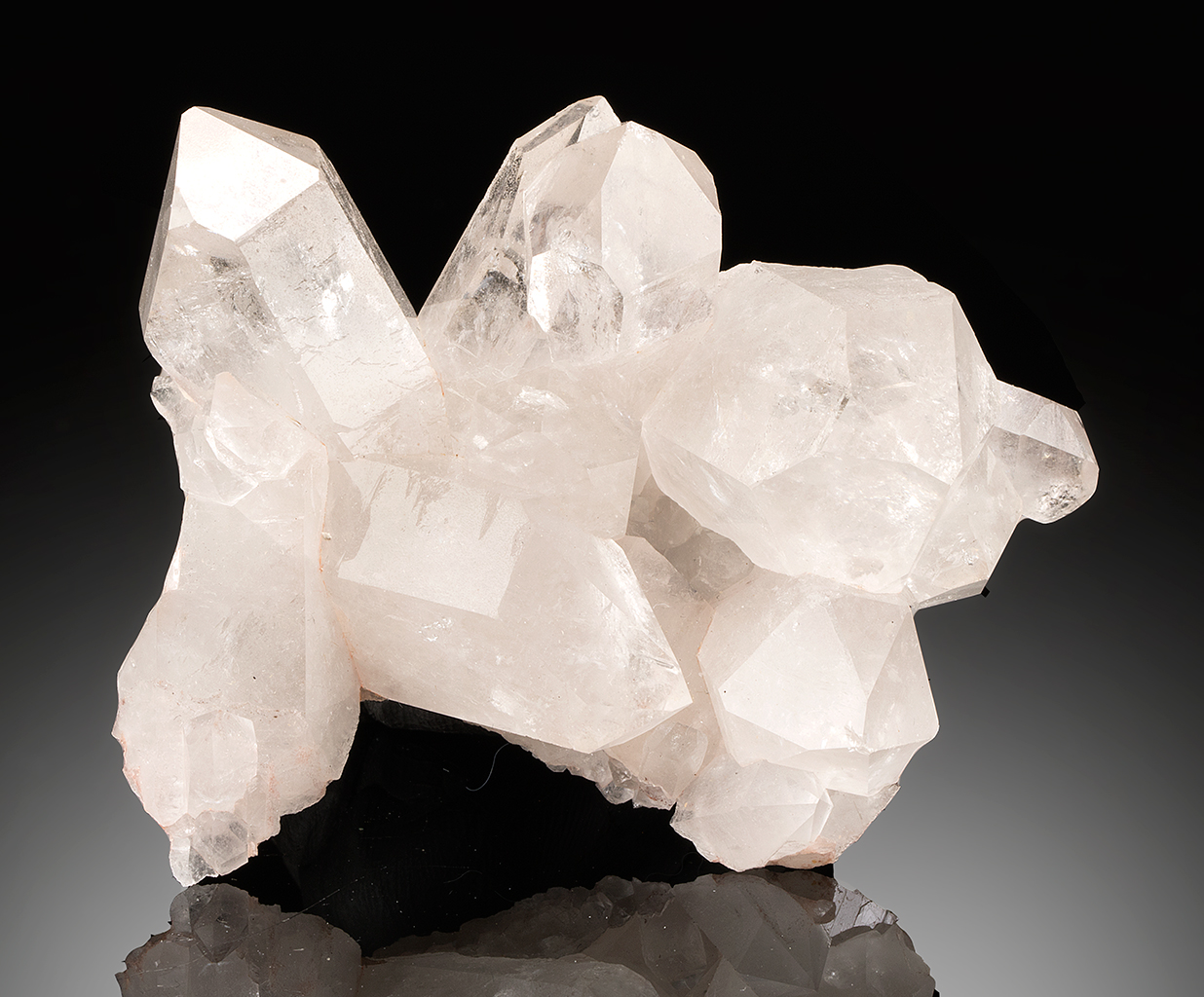
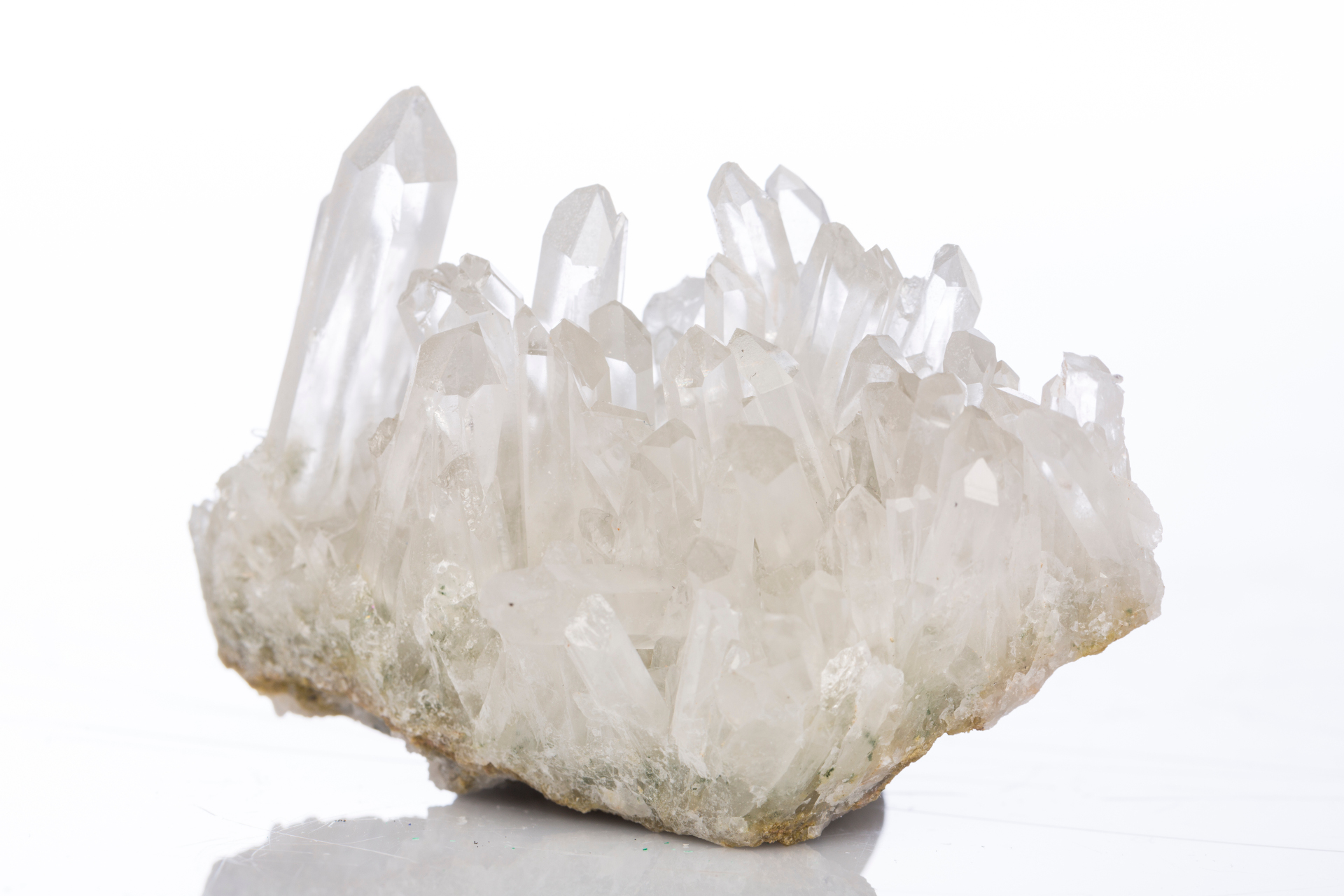
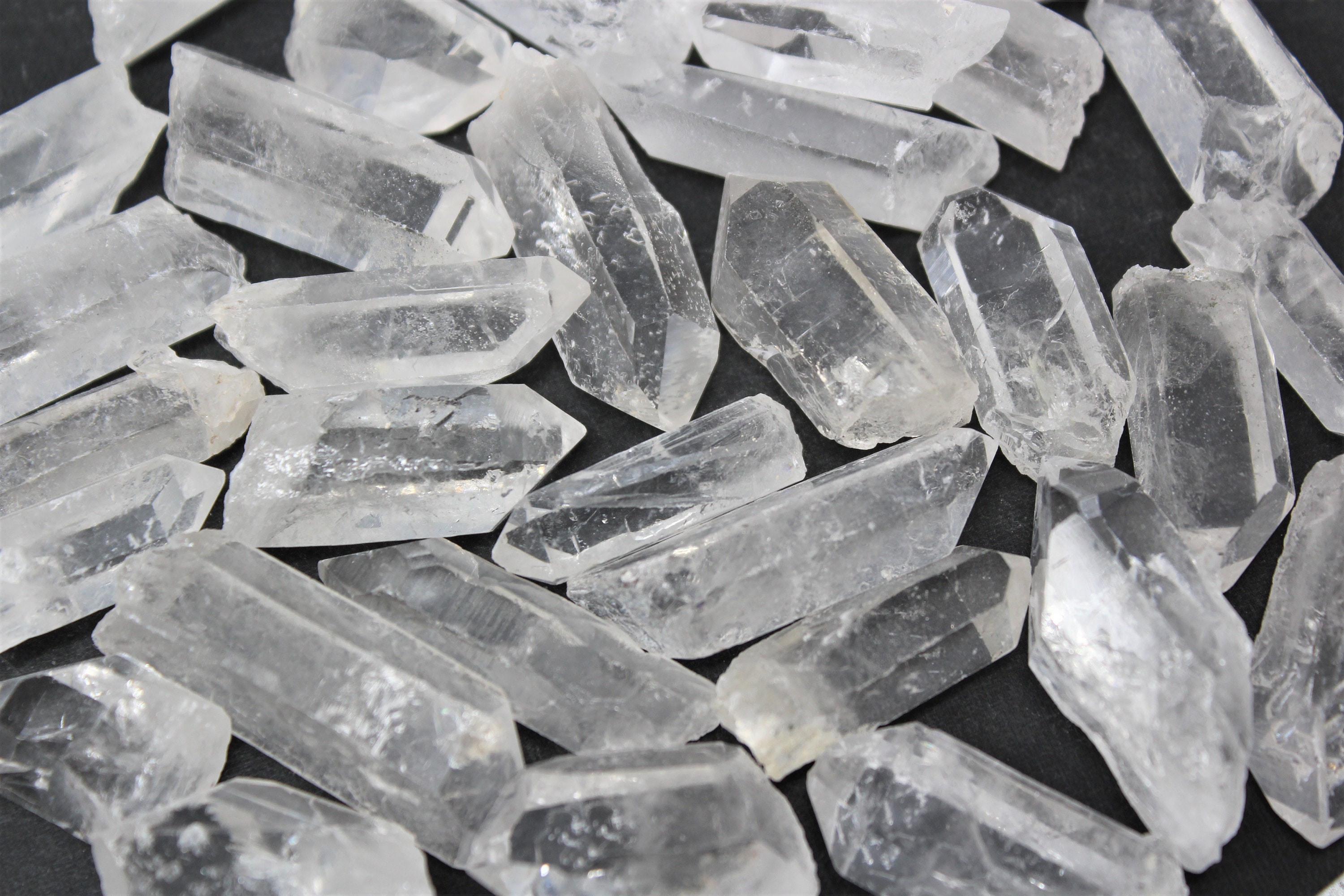
/quartzite-crystal-mineral-sample-studio-shot-with-black-background-972333846-5c7e6525c9e77c0001d19dda.jpg)



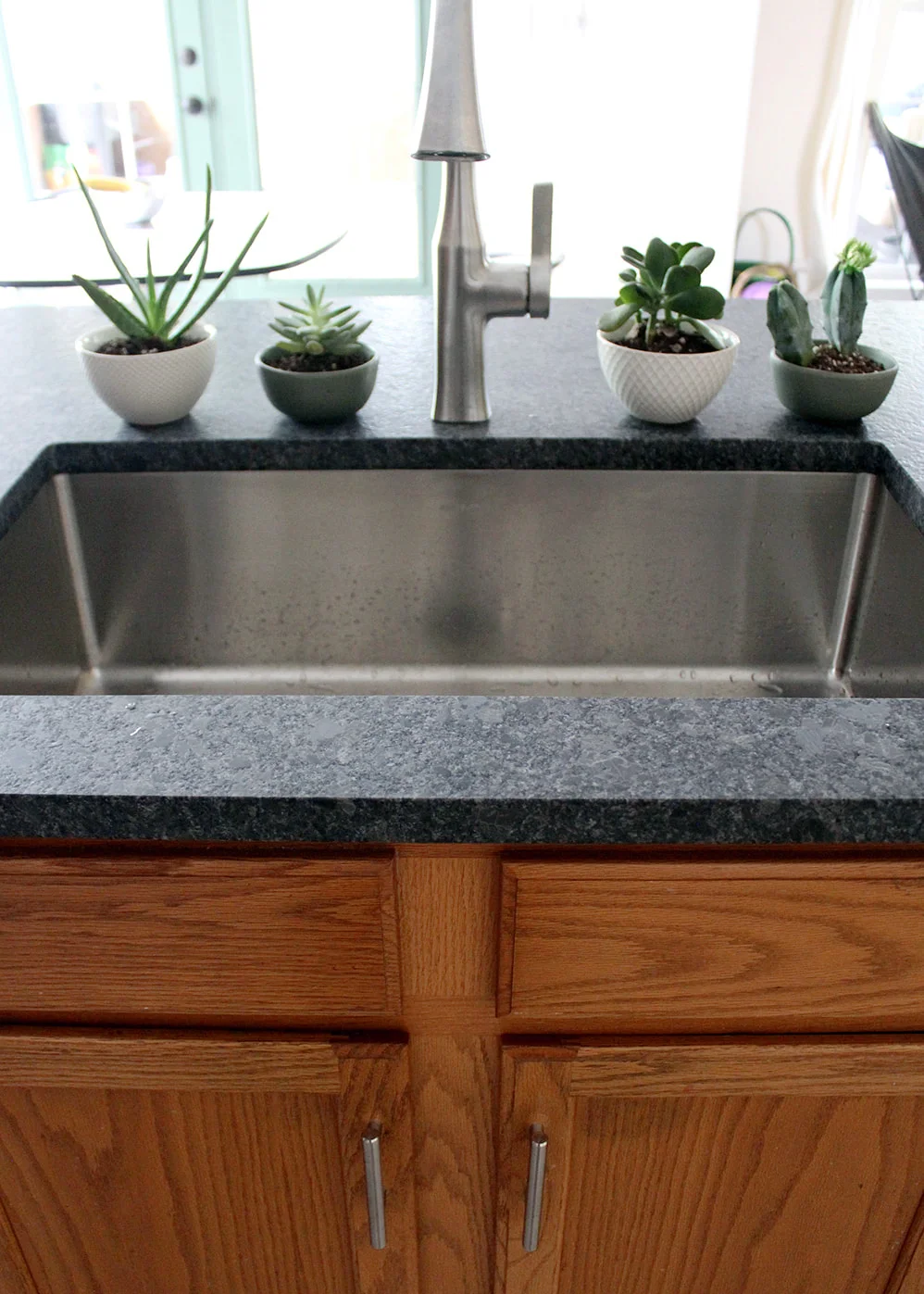

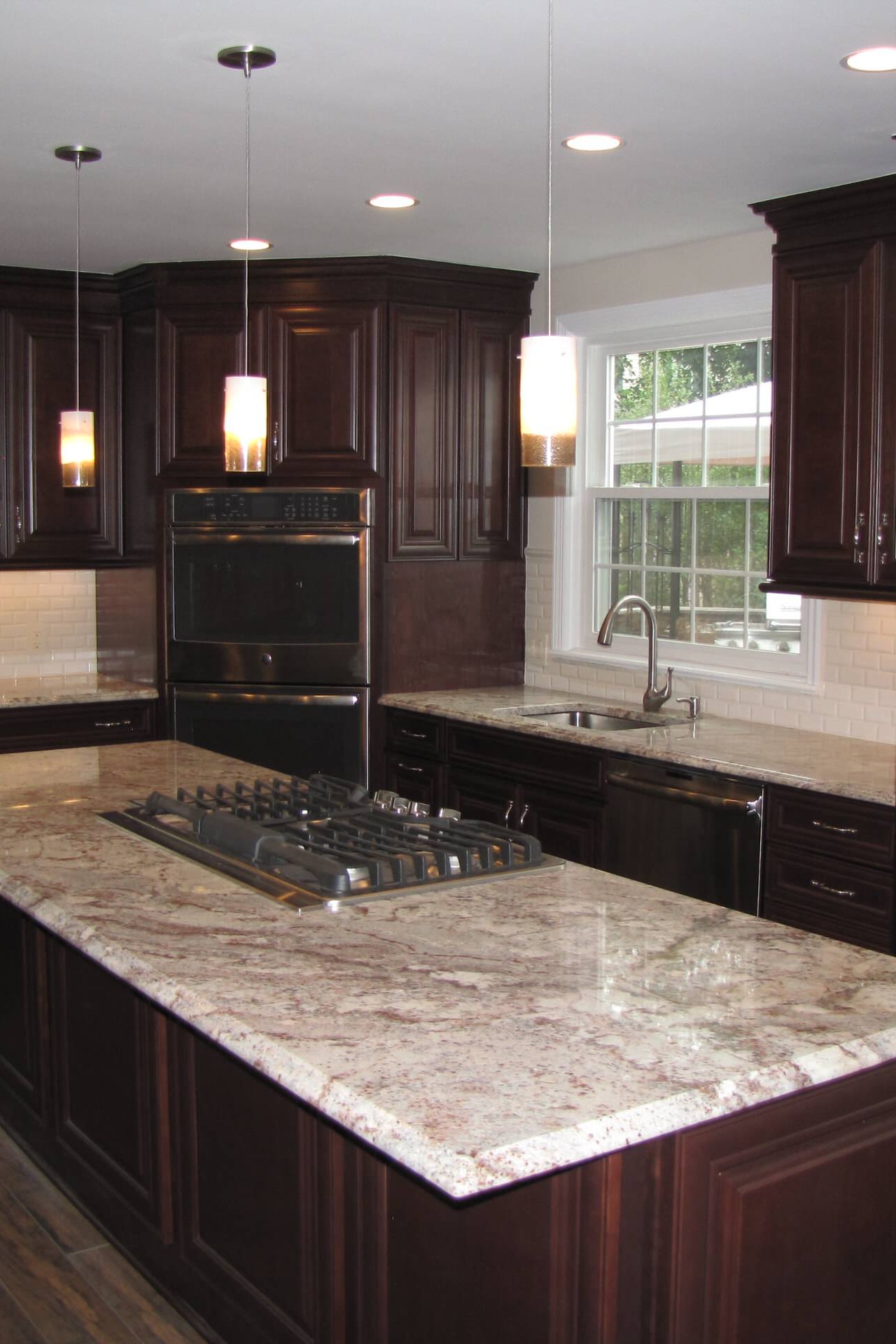

/Granite-Countertop-58c568523df78c353cfebca3.jpg)


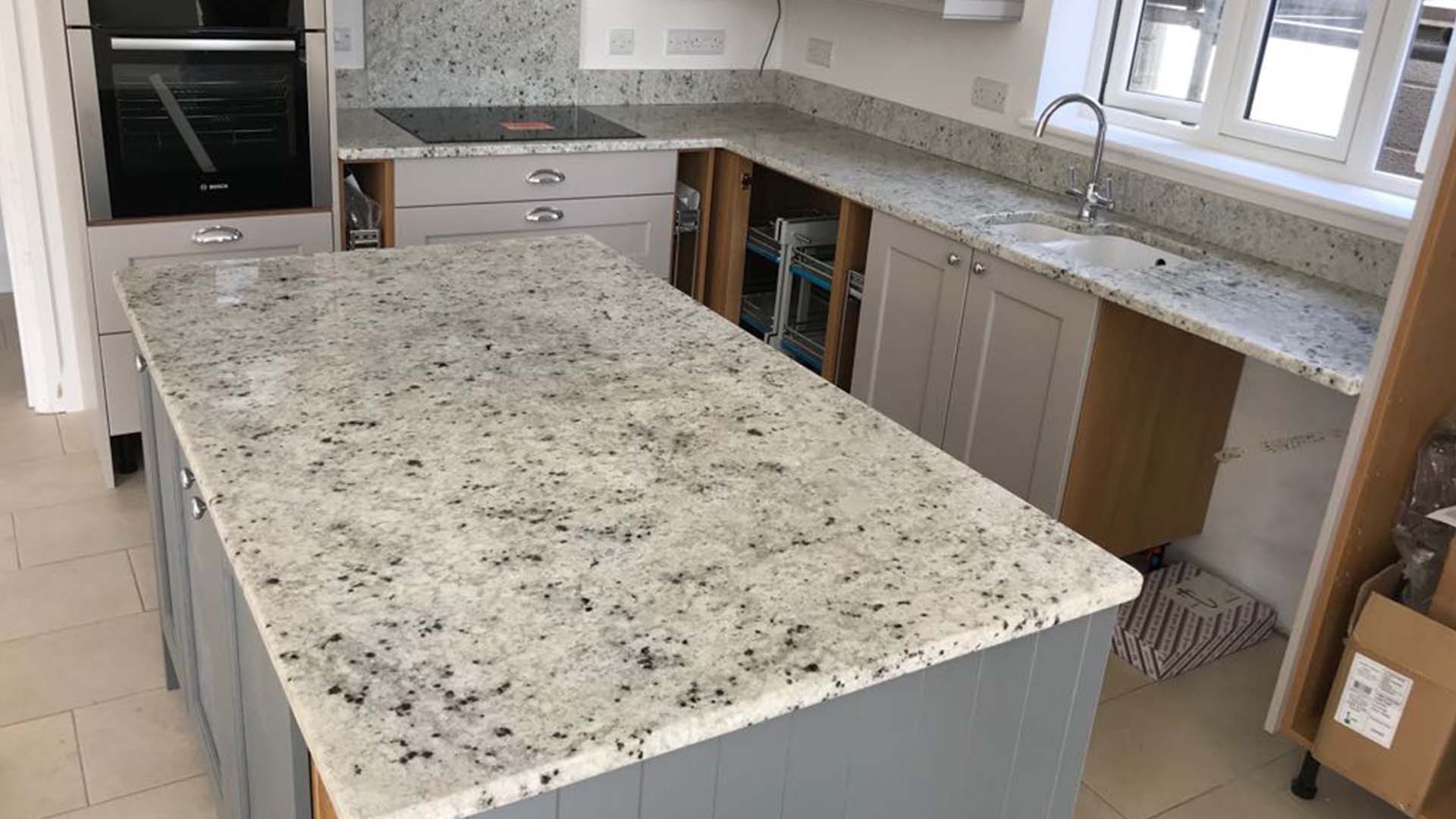
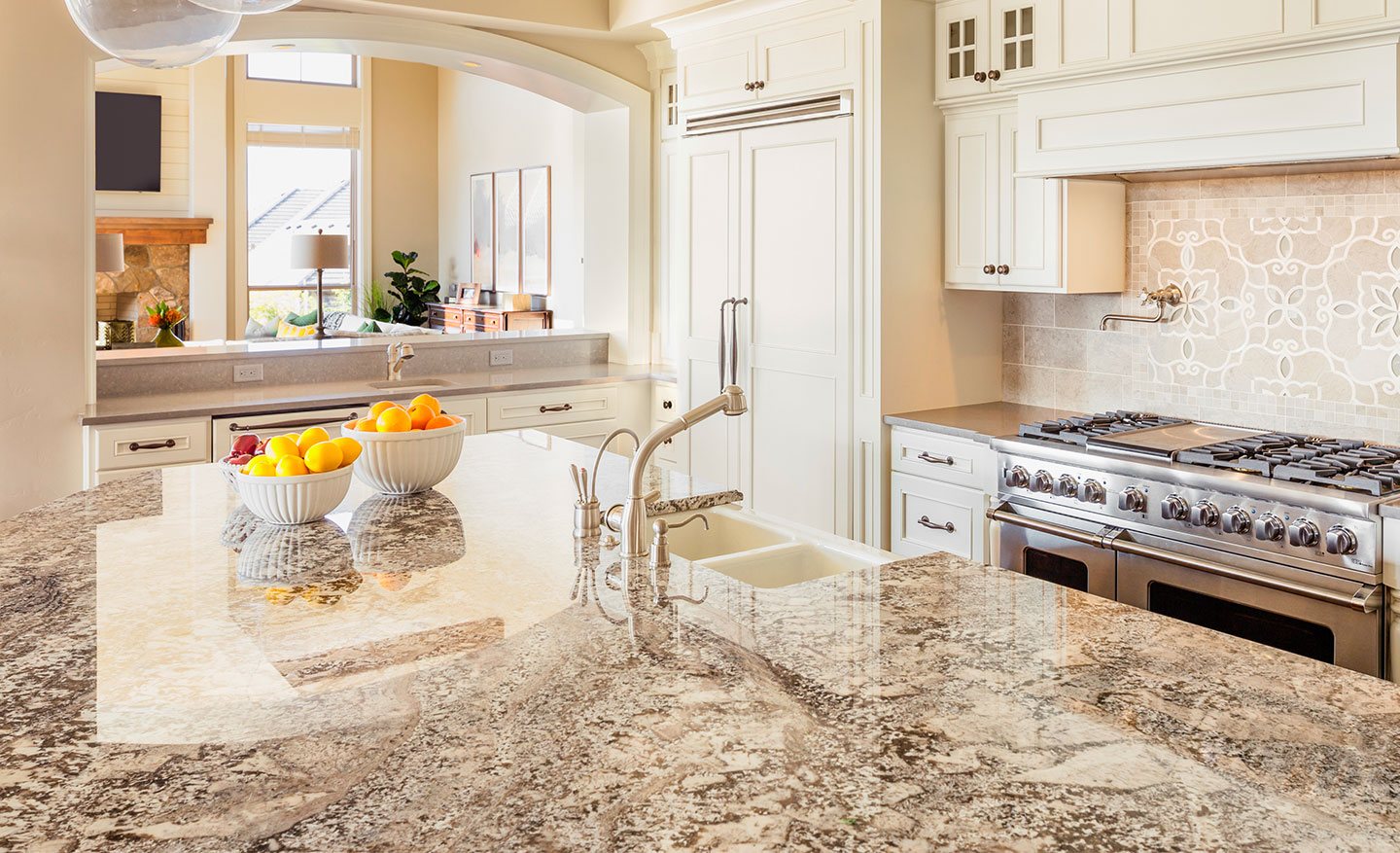
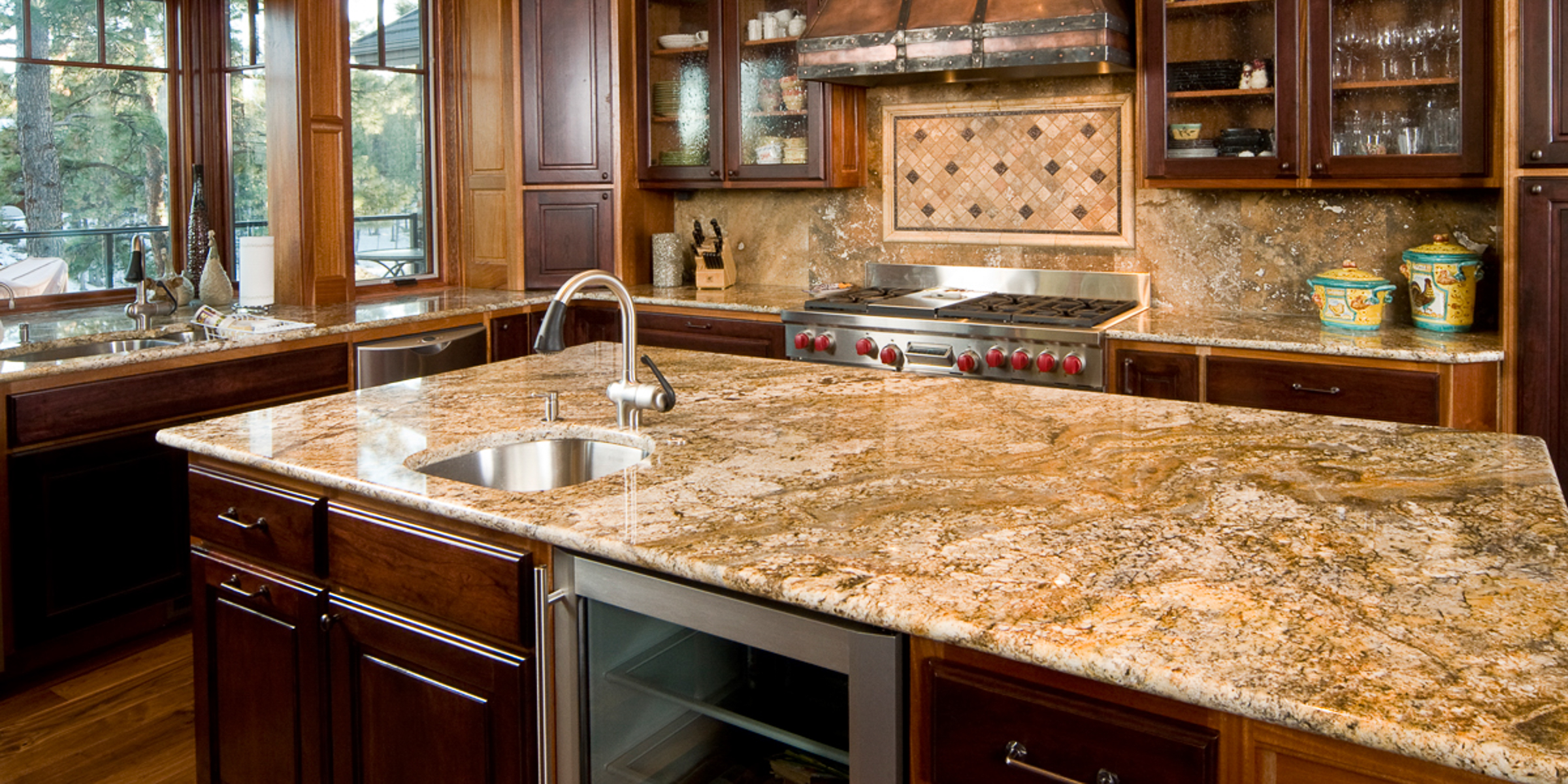


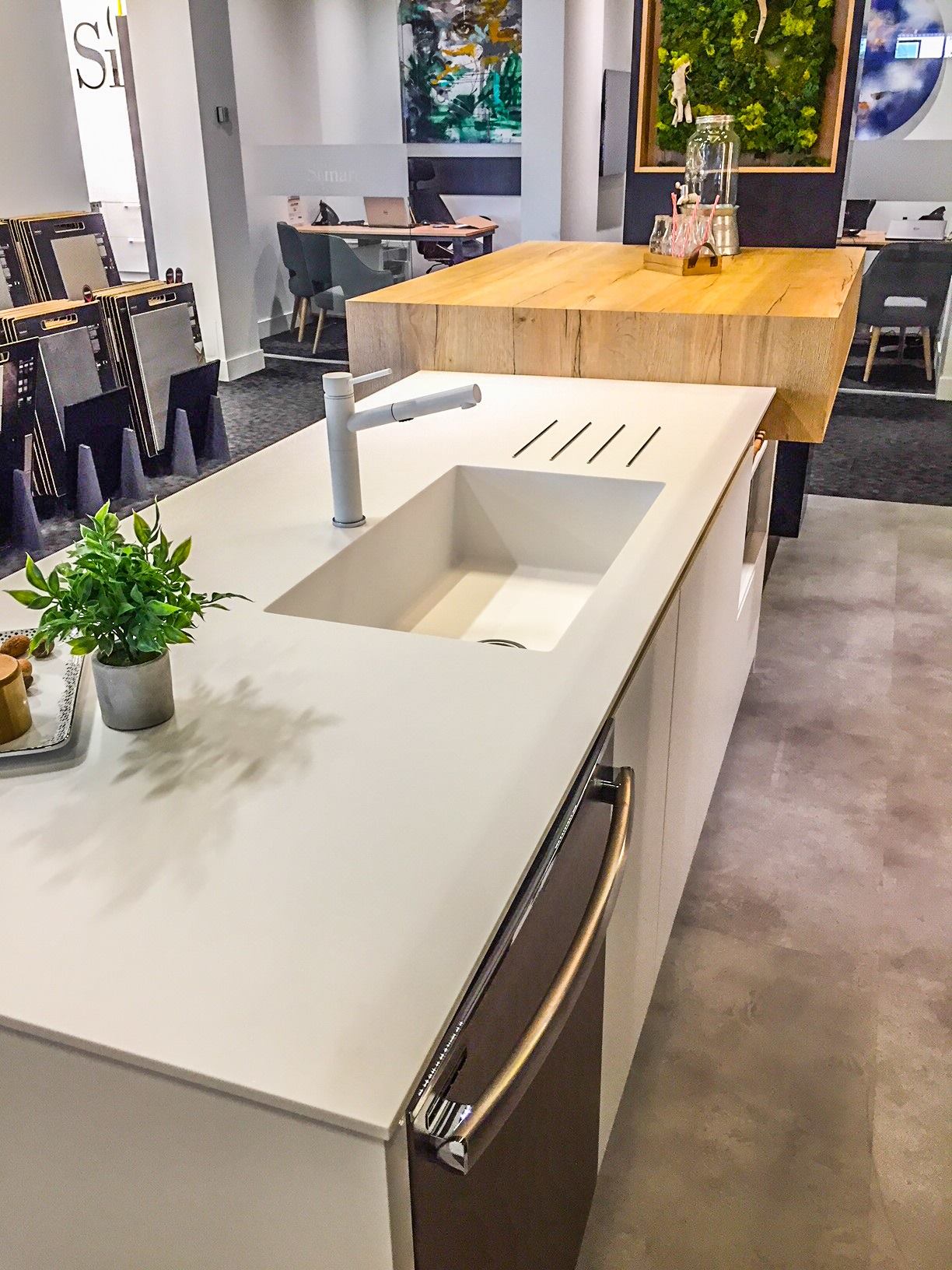
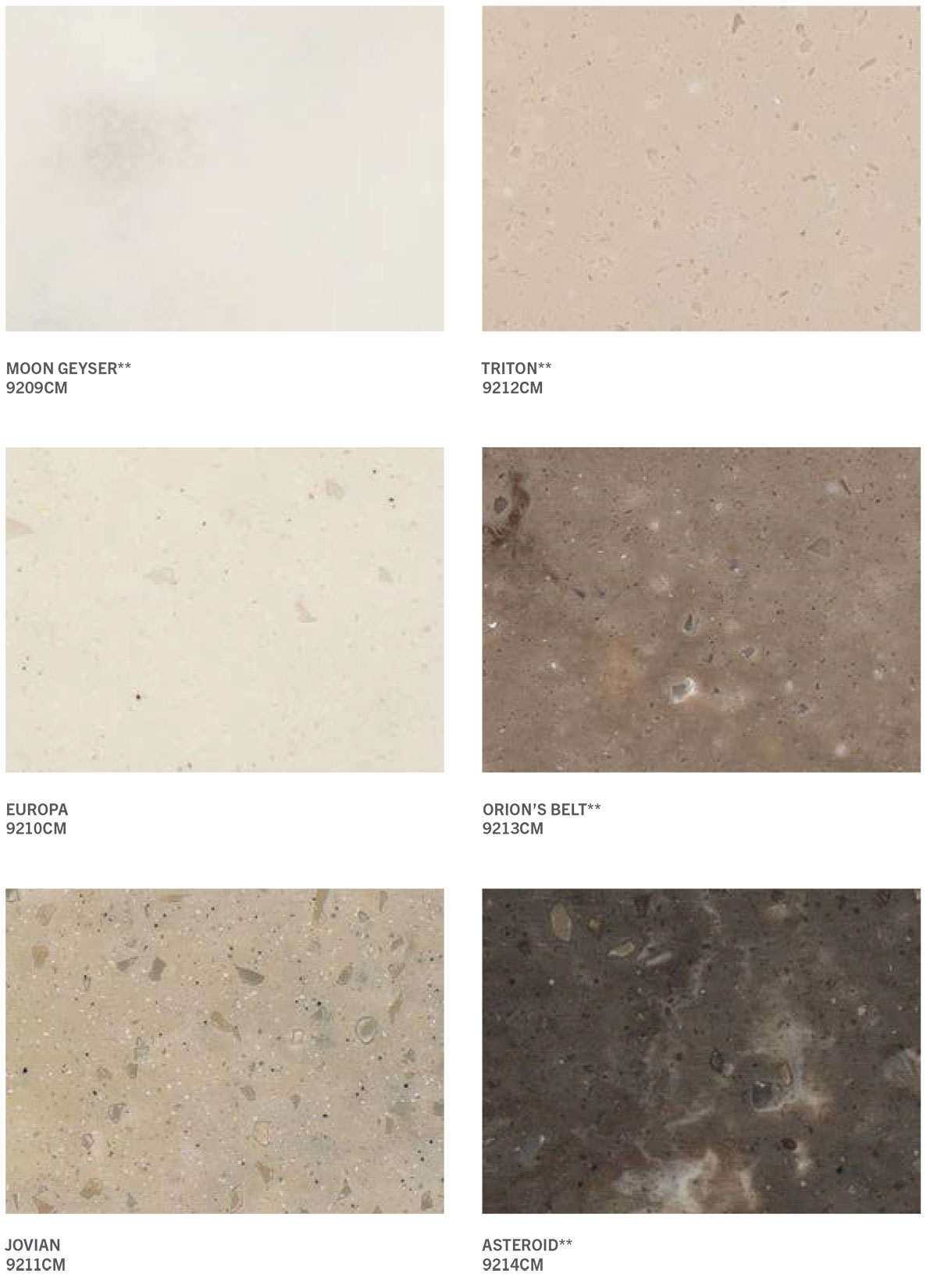

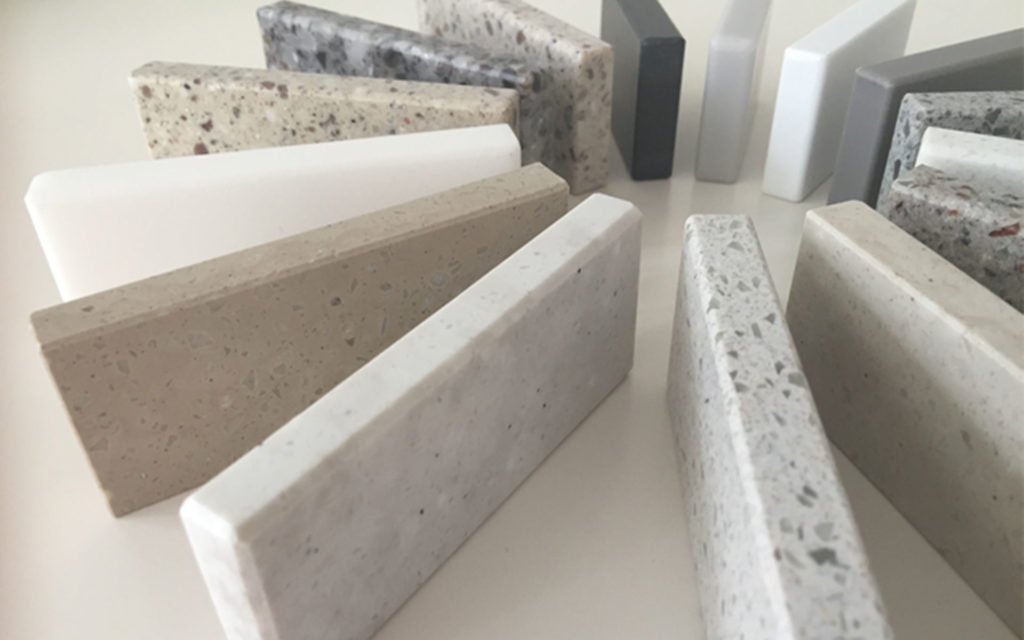
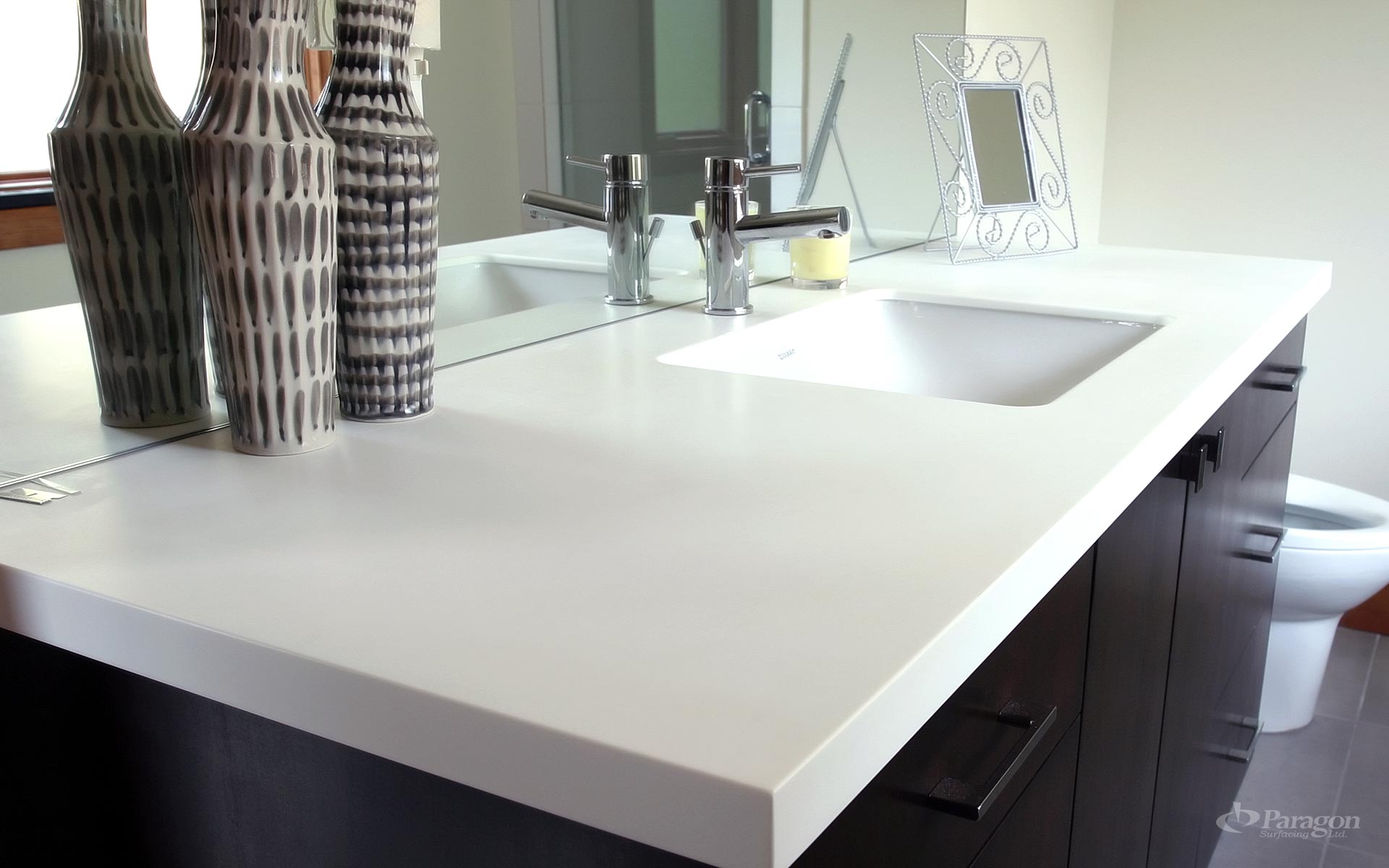




/Bathroomvanity-GettyImages-484490250-cdfaa72bc448469a8381b42080fa56ca.jpg)
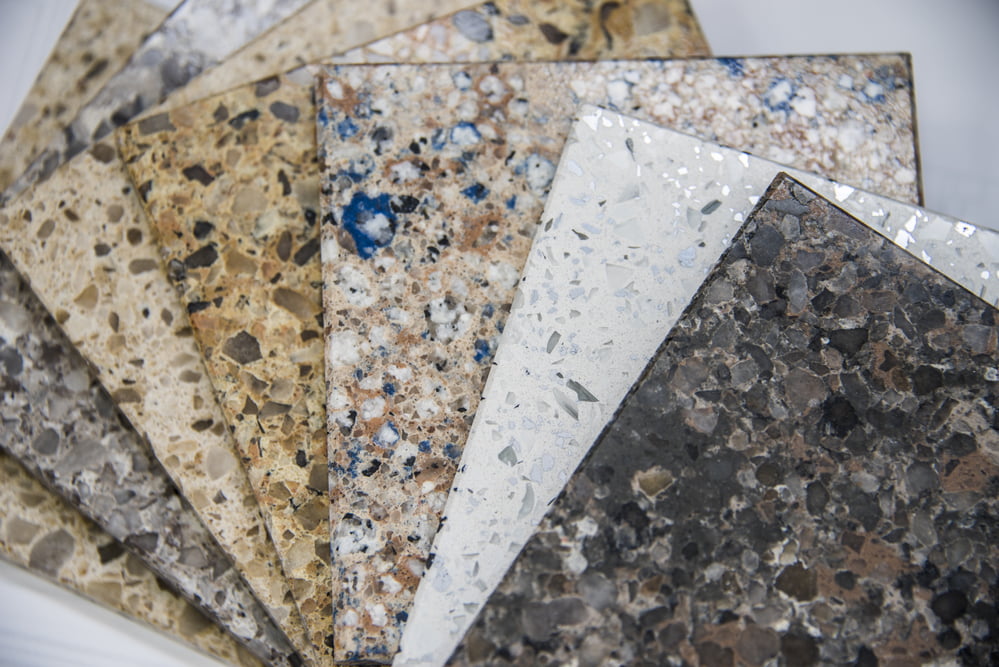

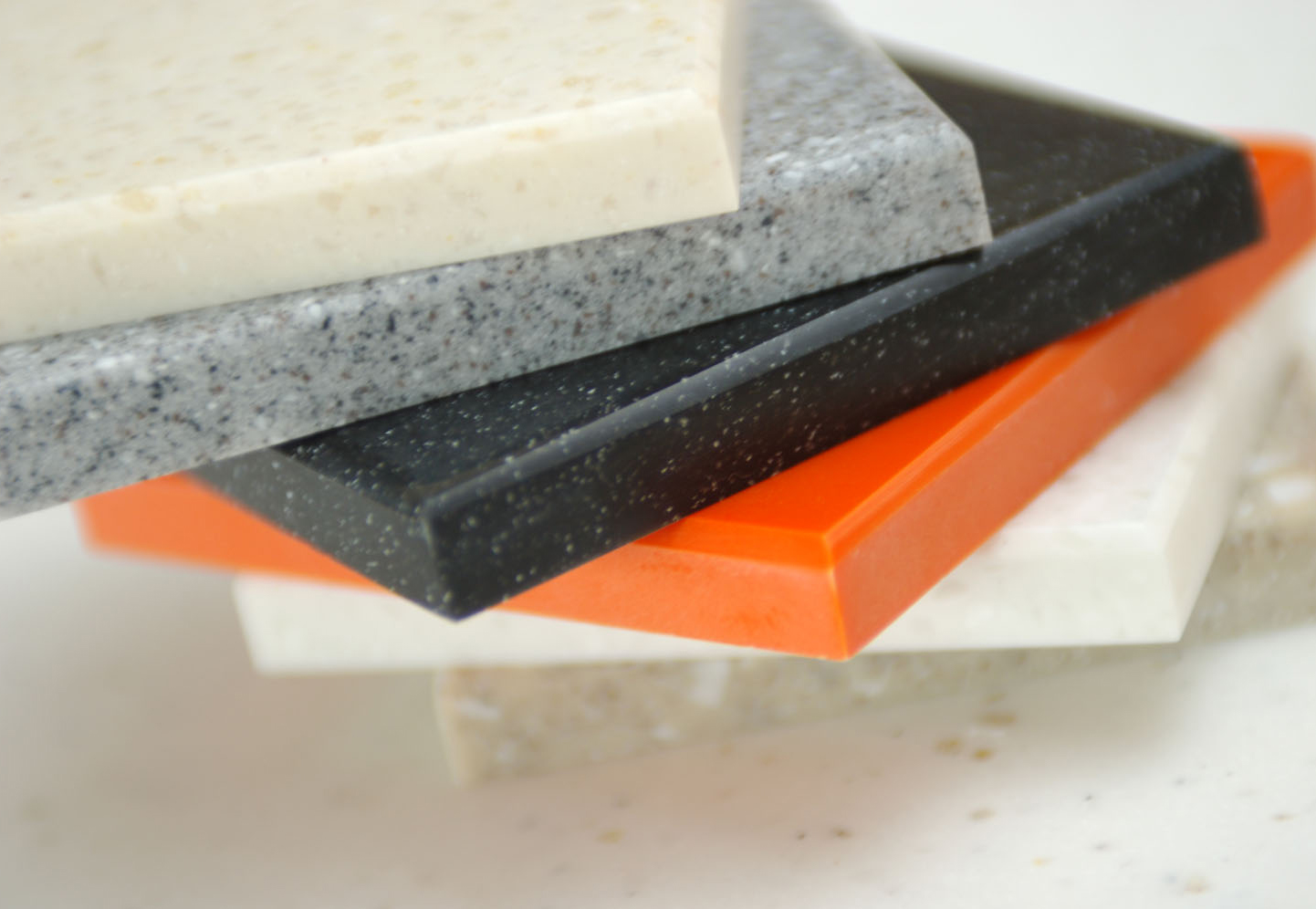





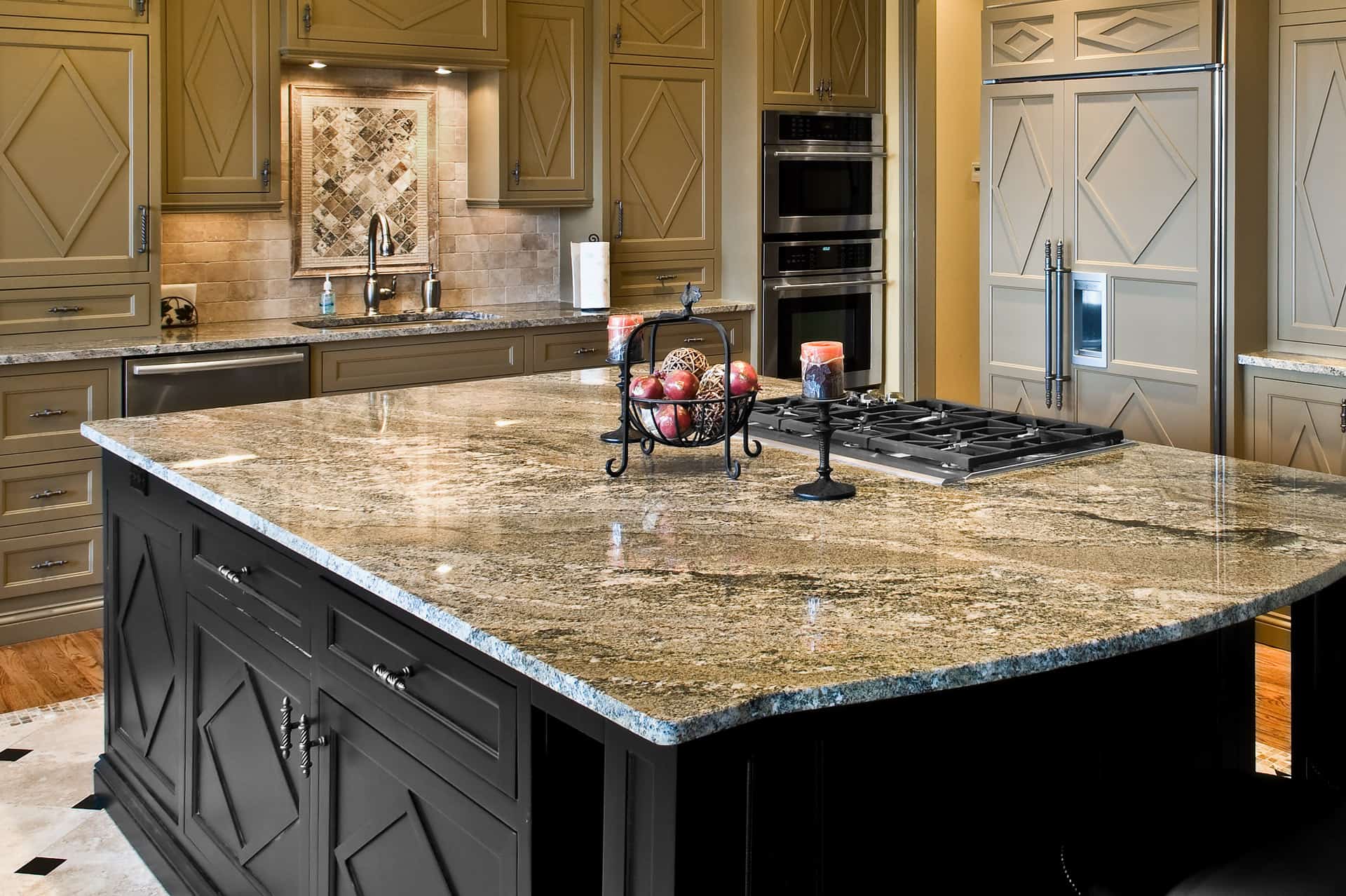


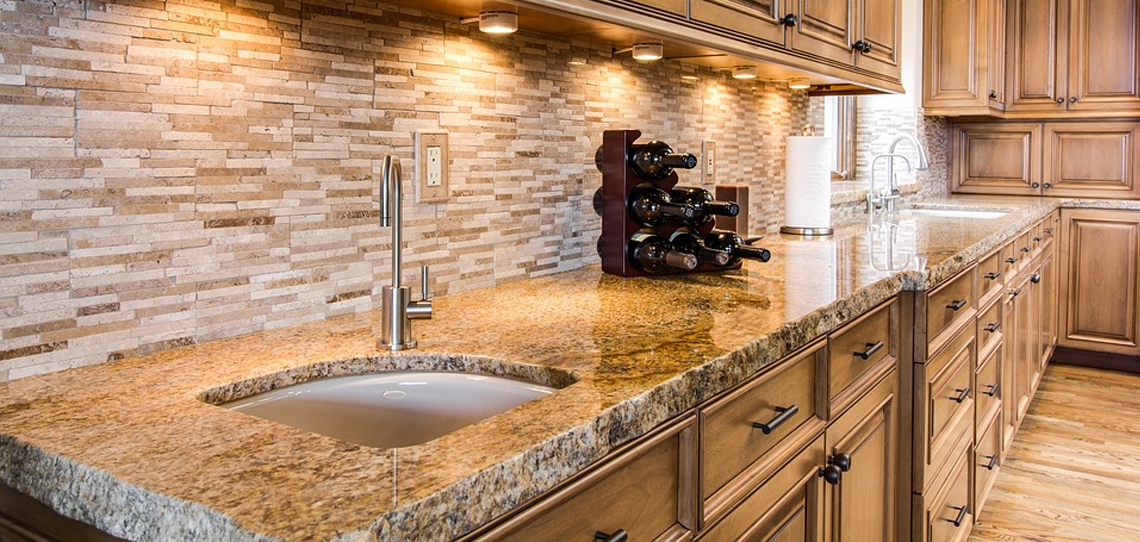

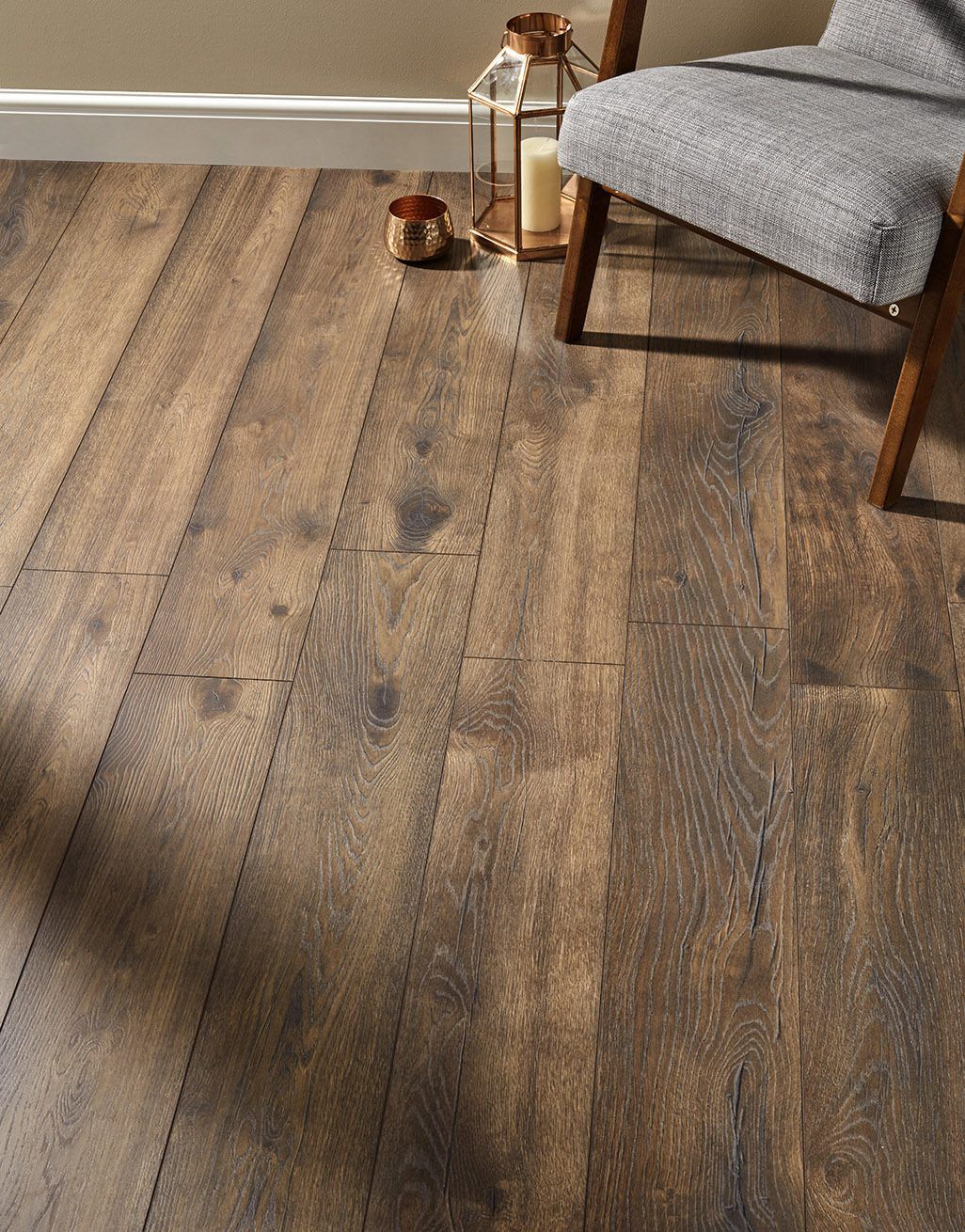


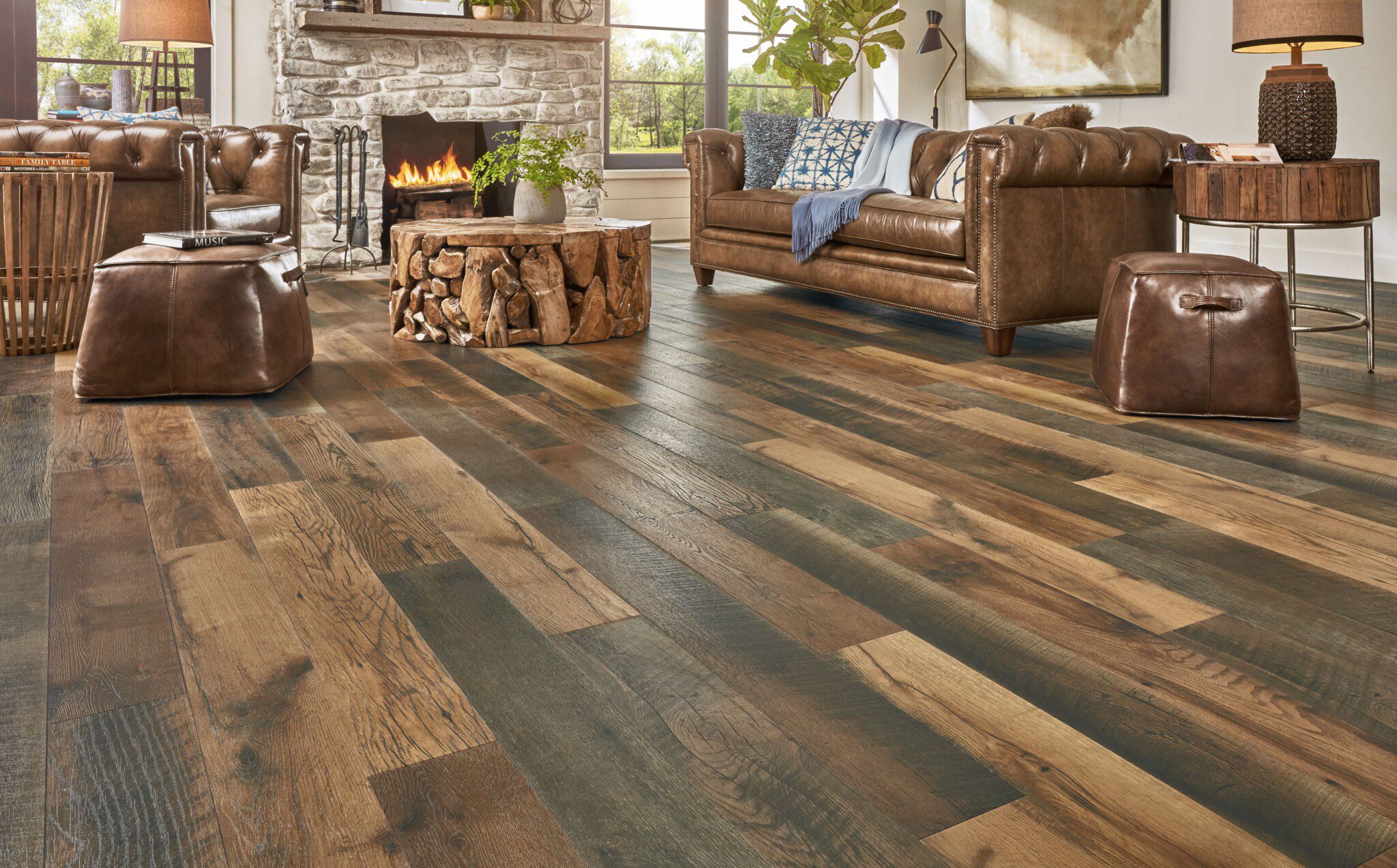
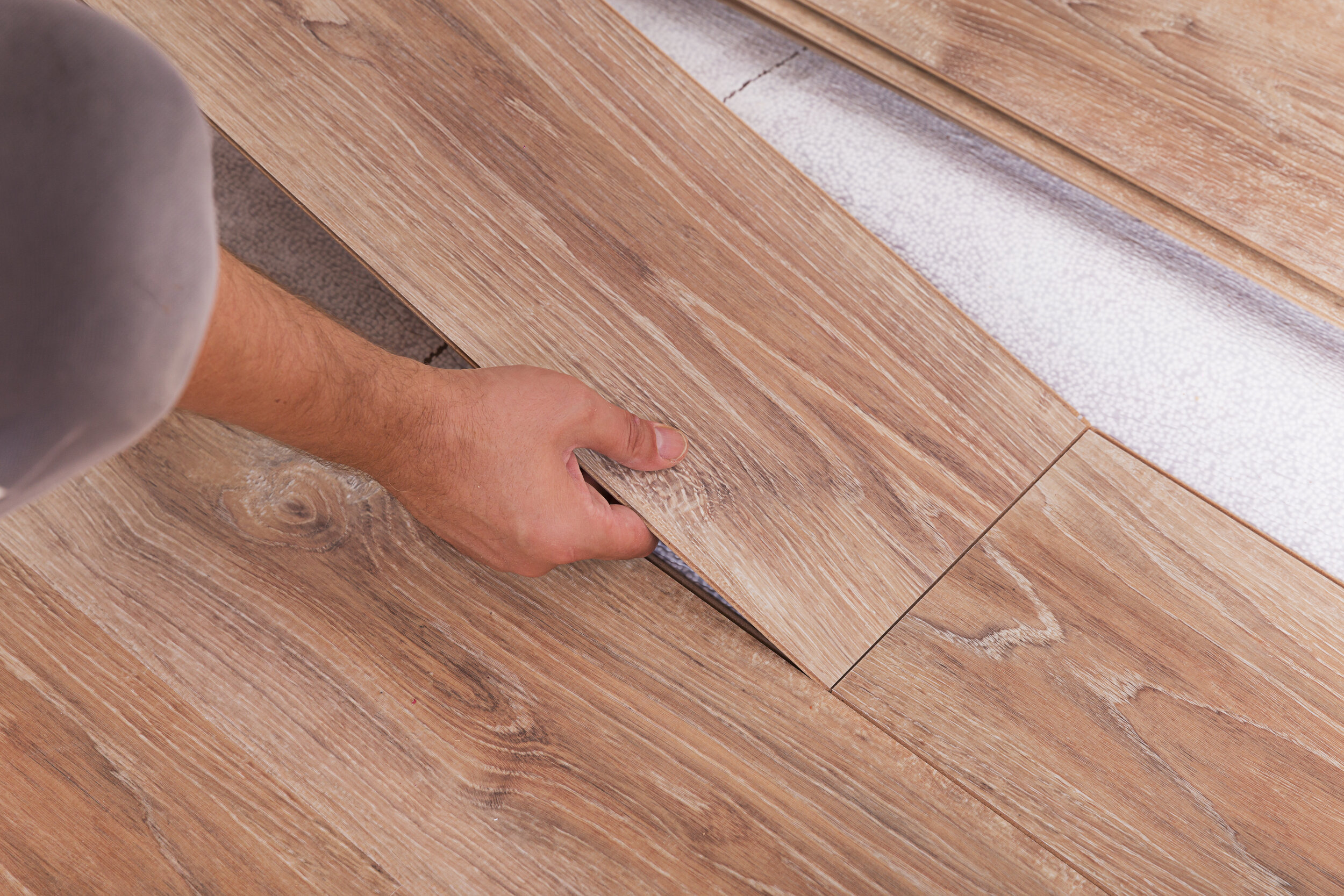

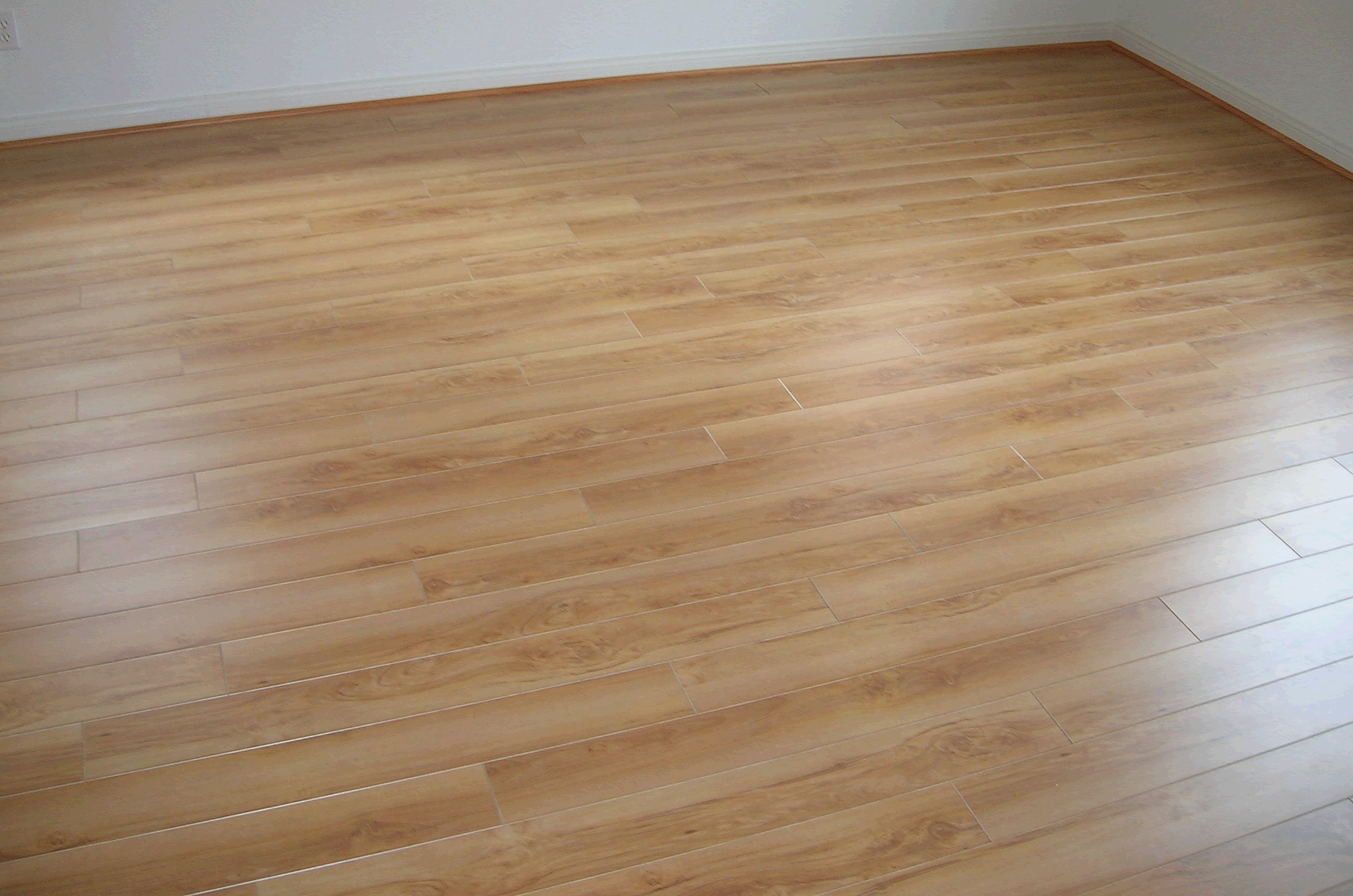


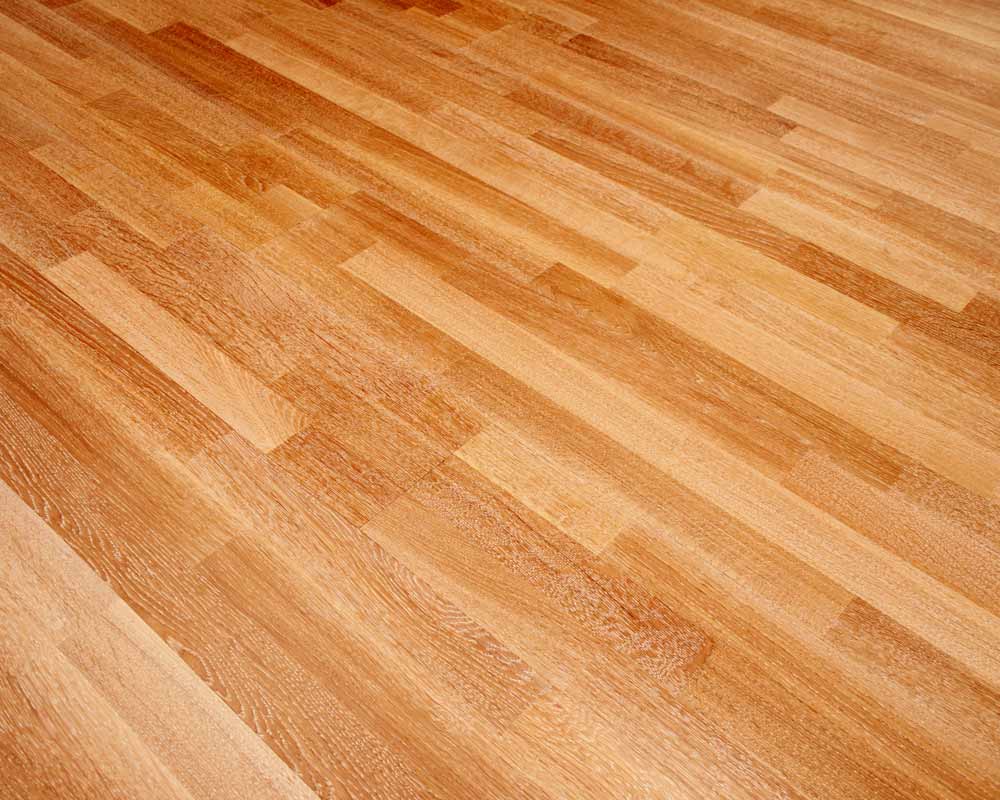

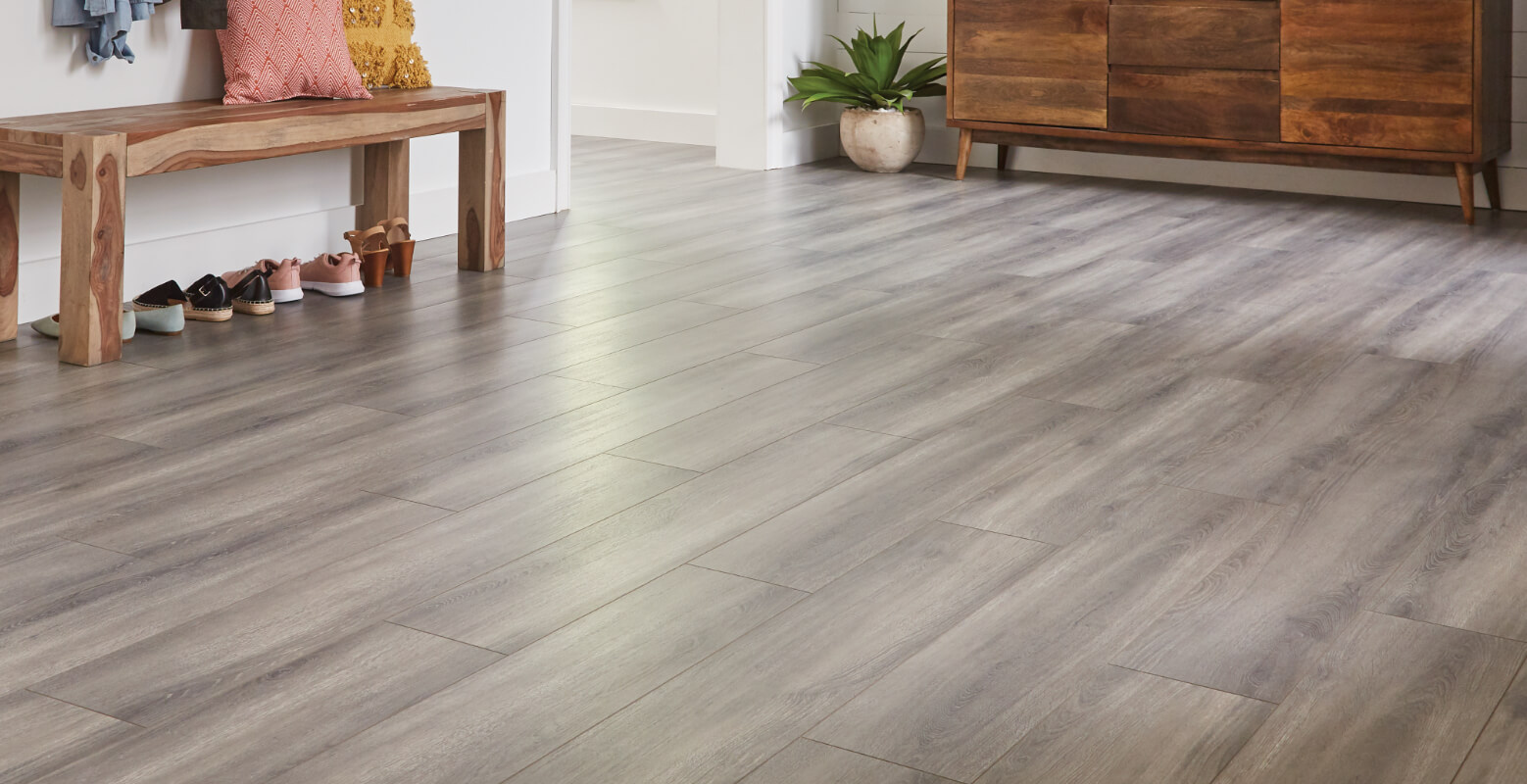
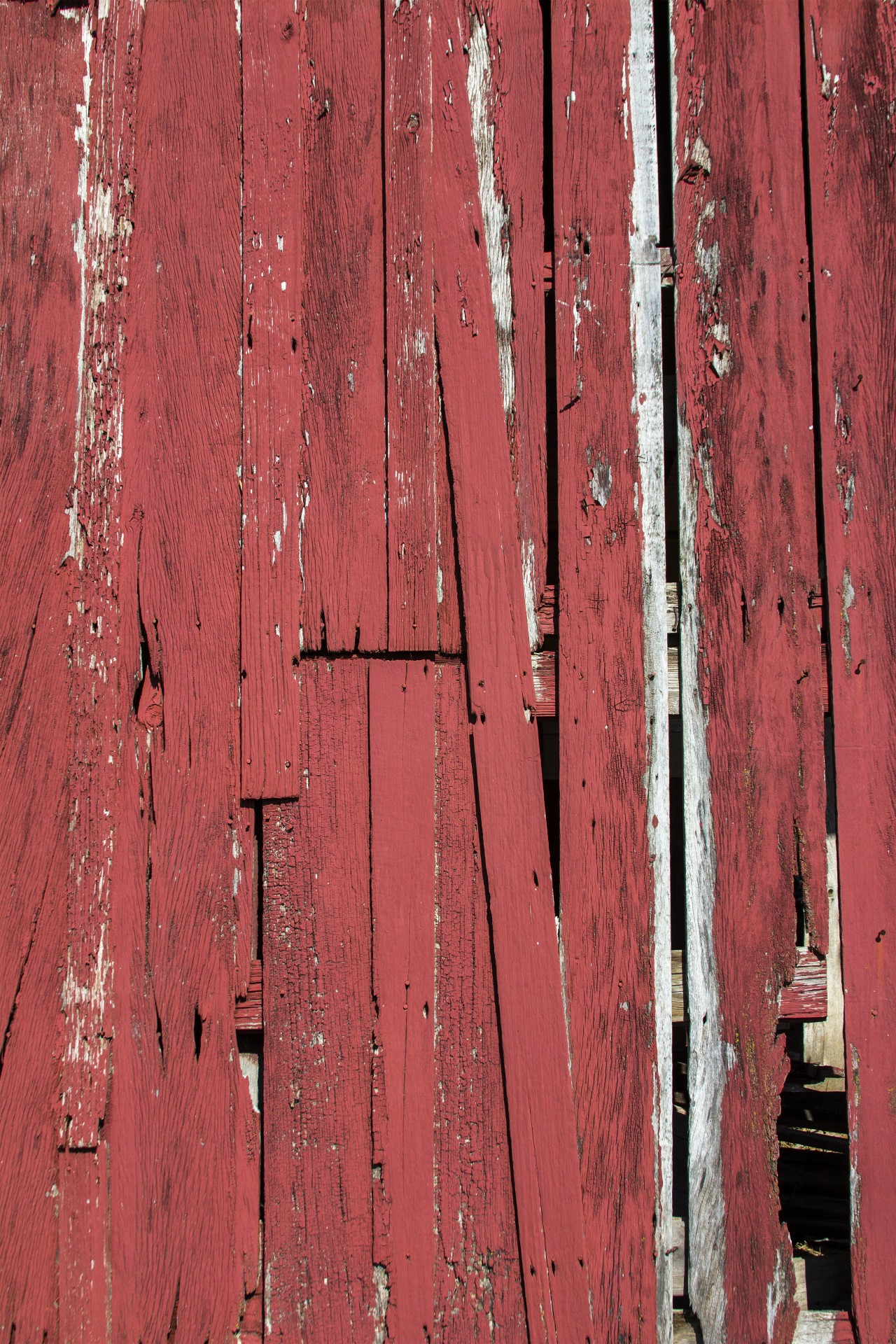
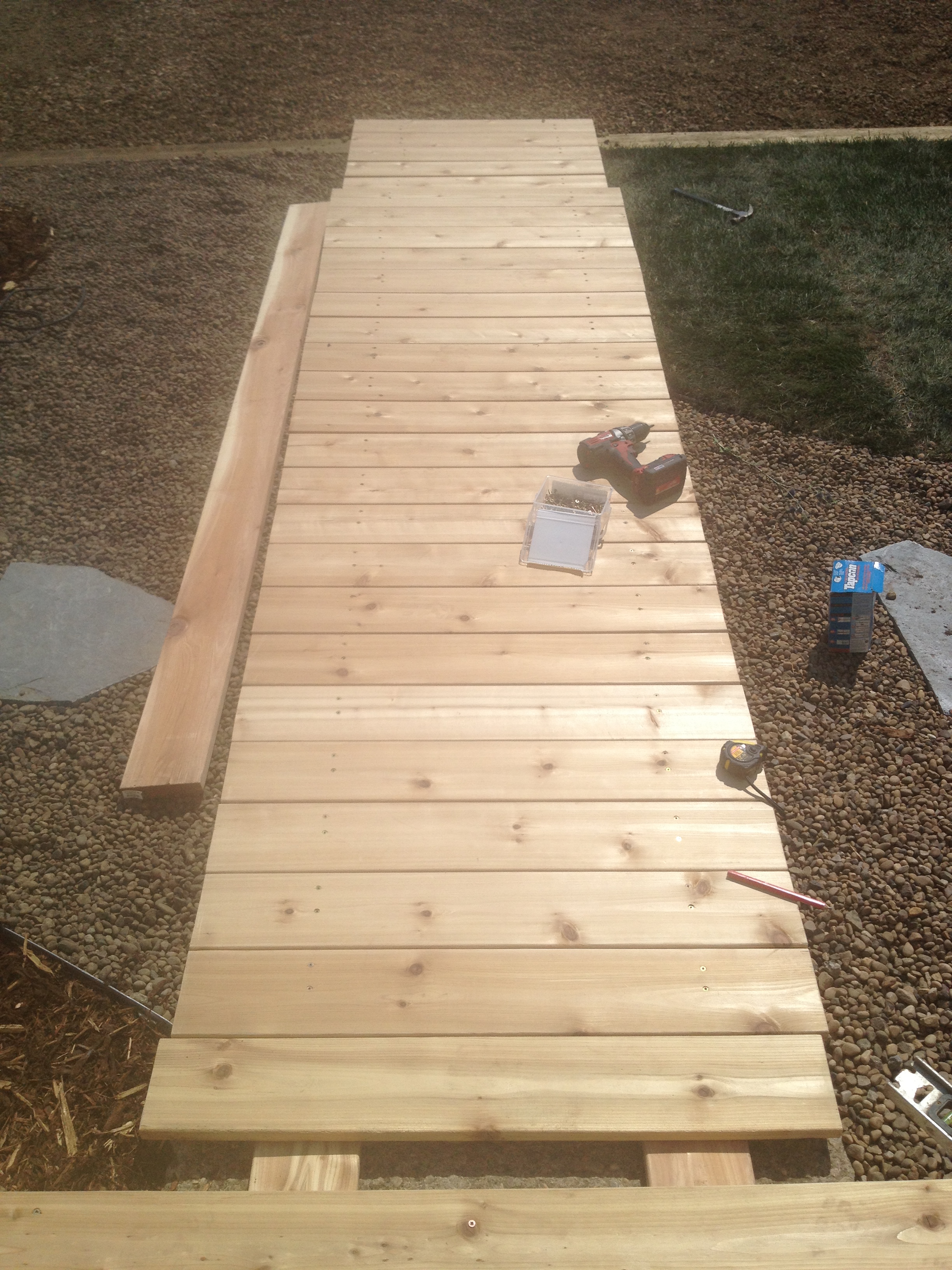
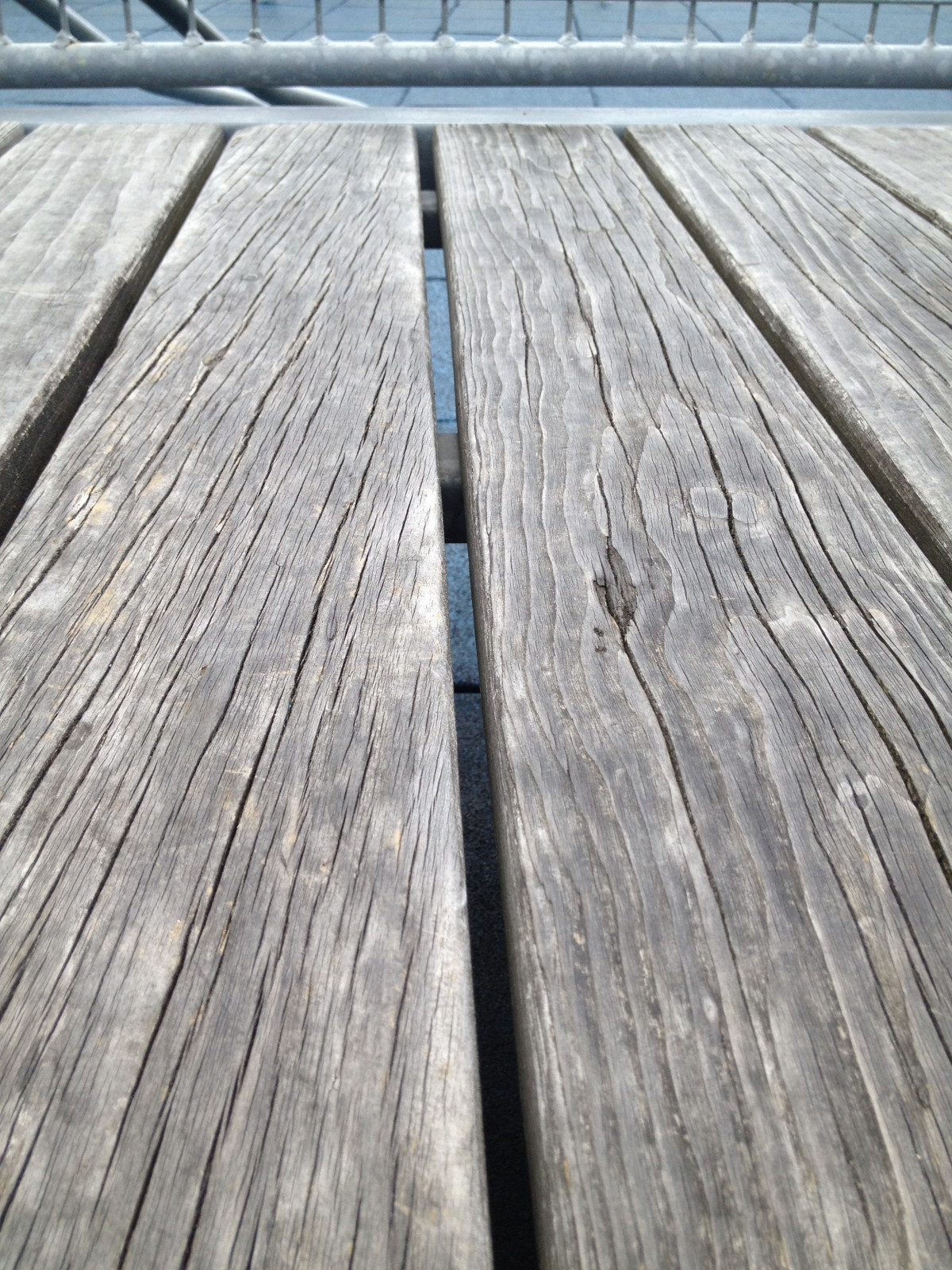
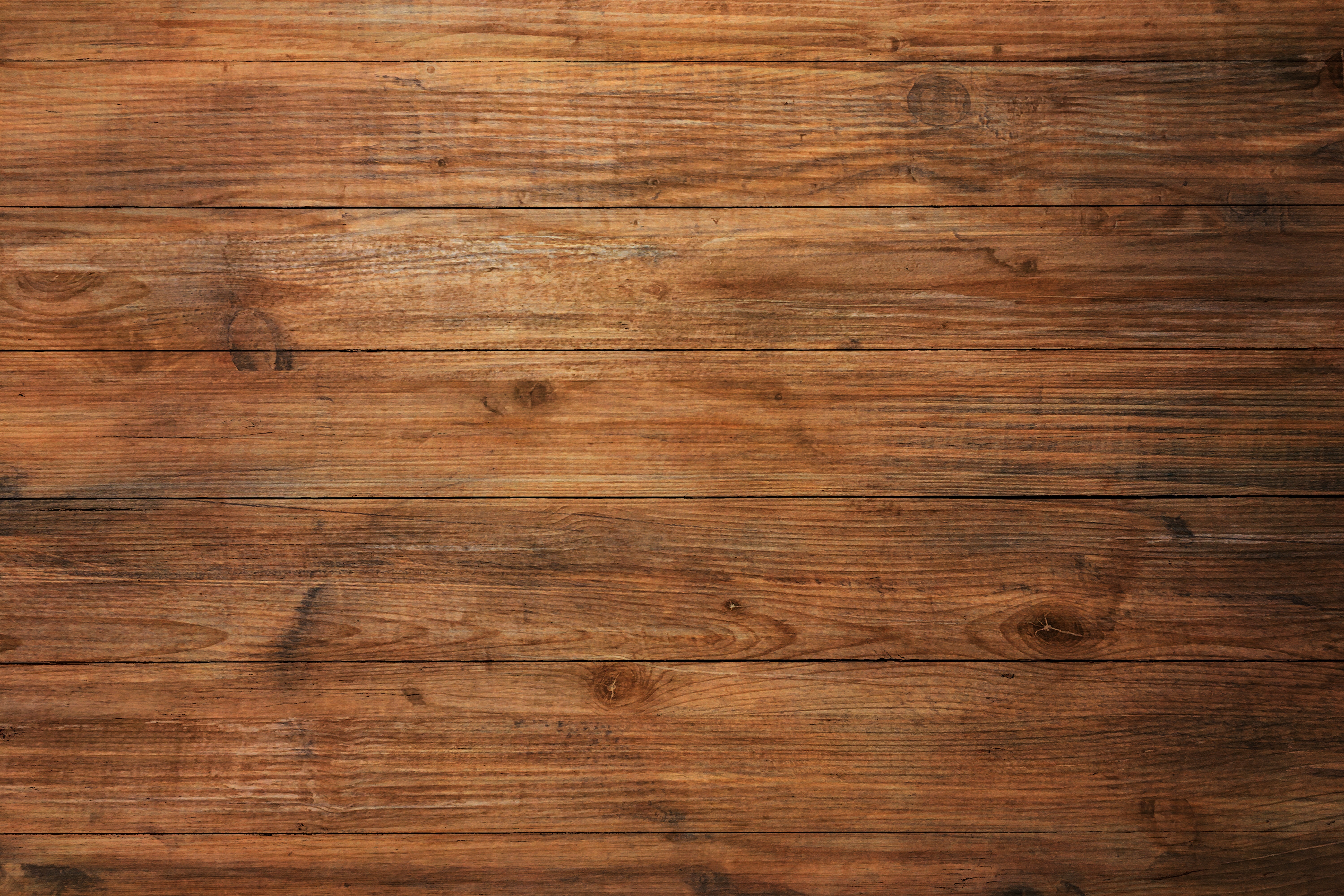
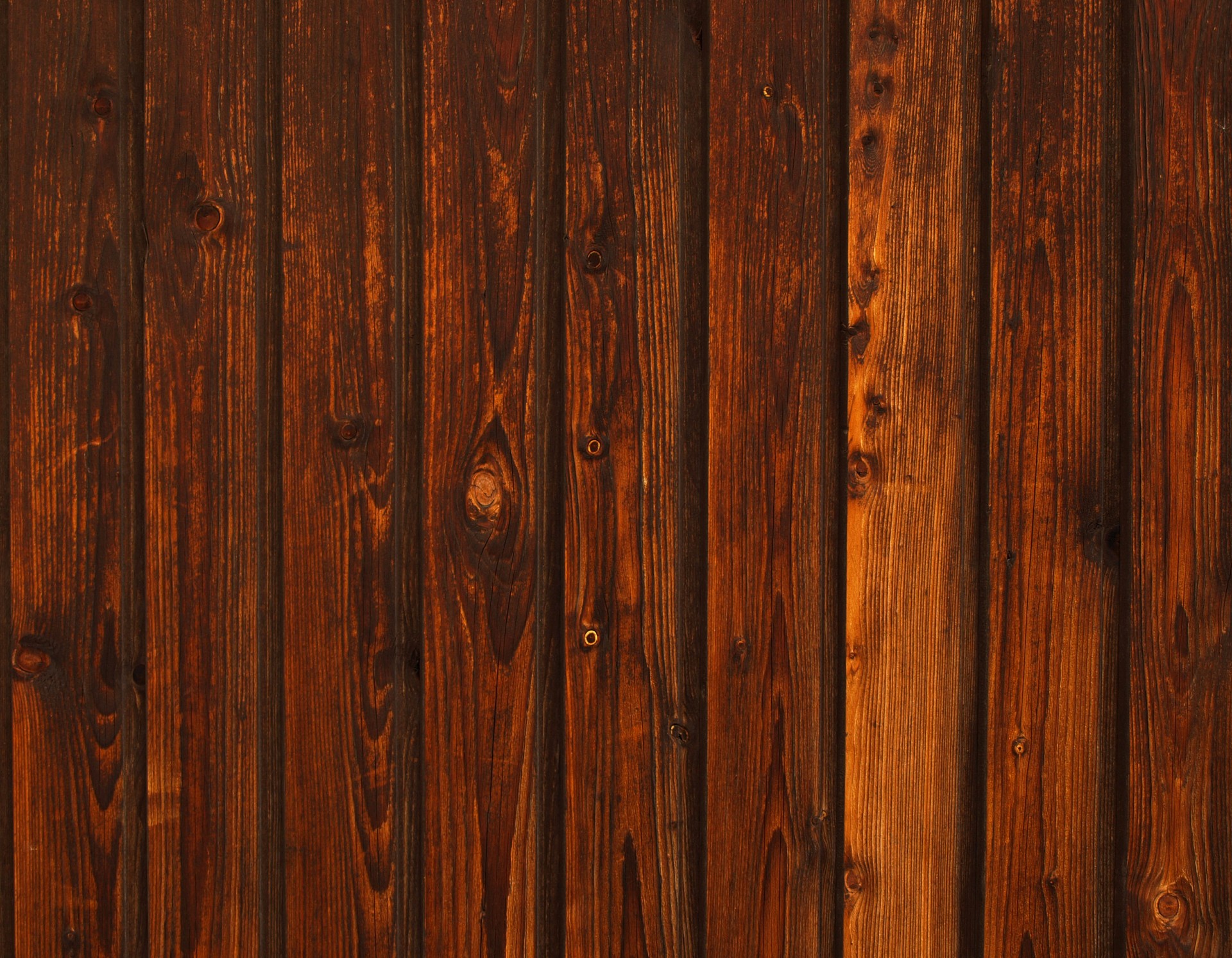
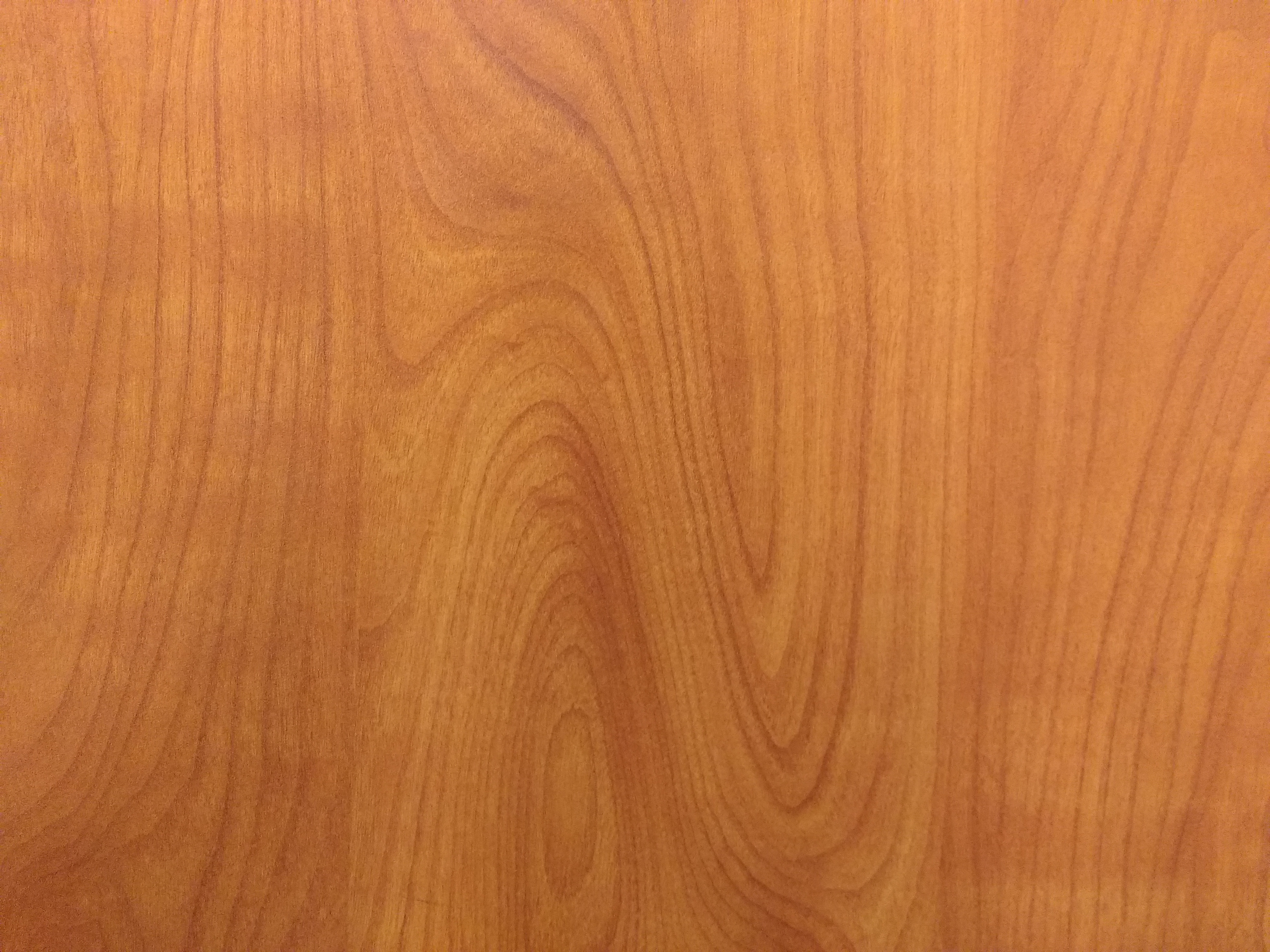

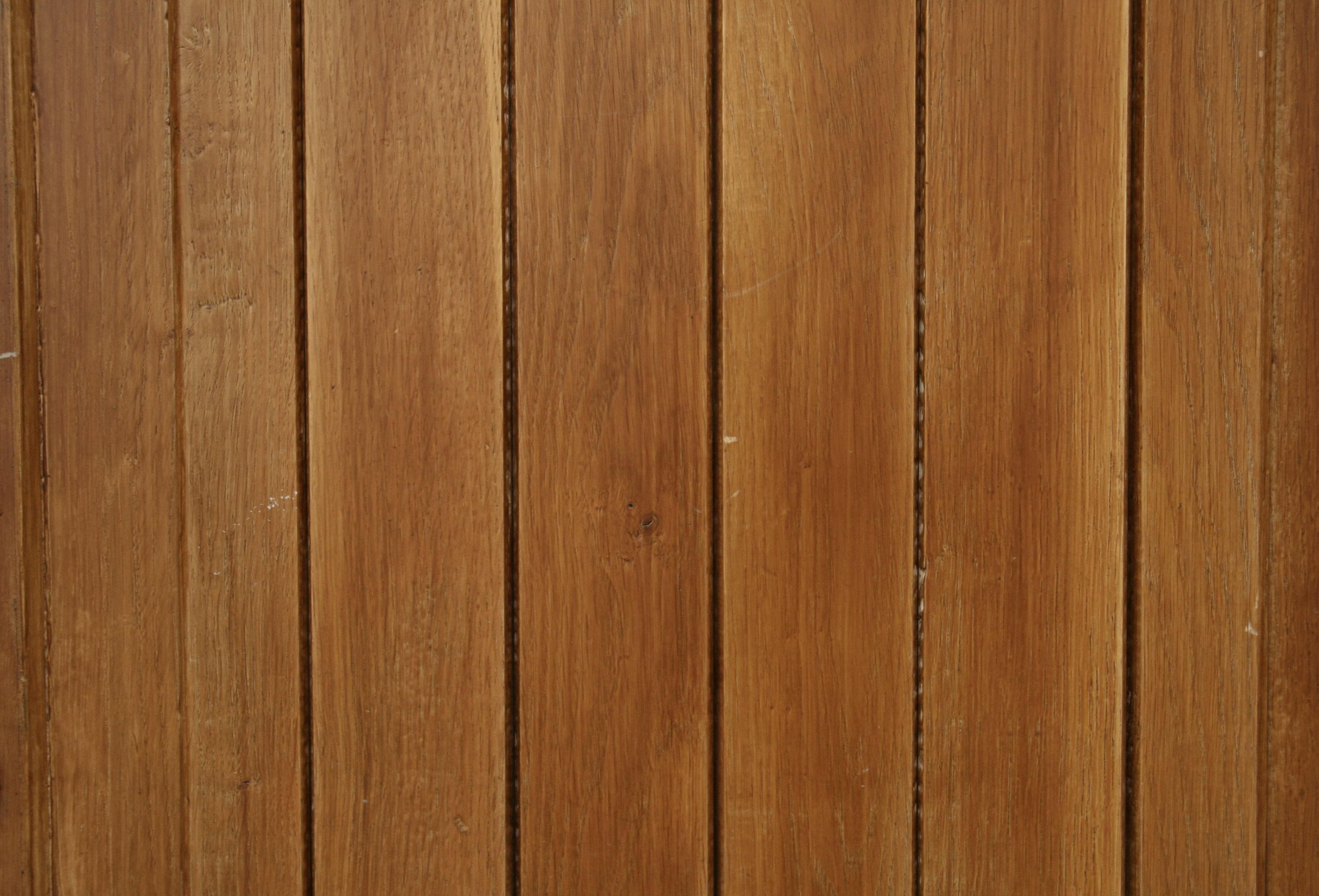
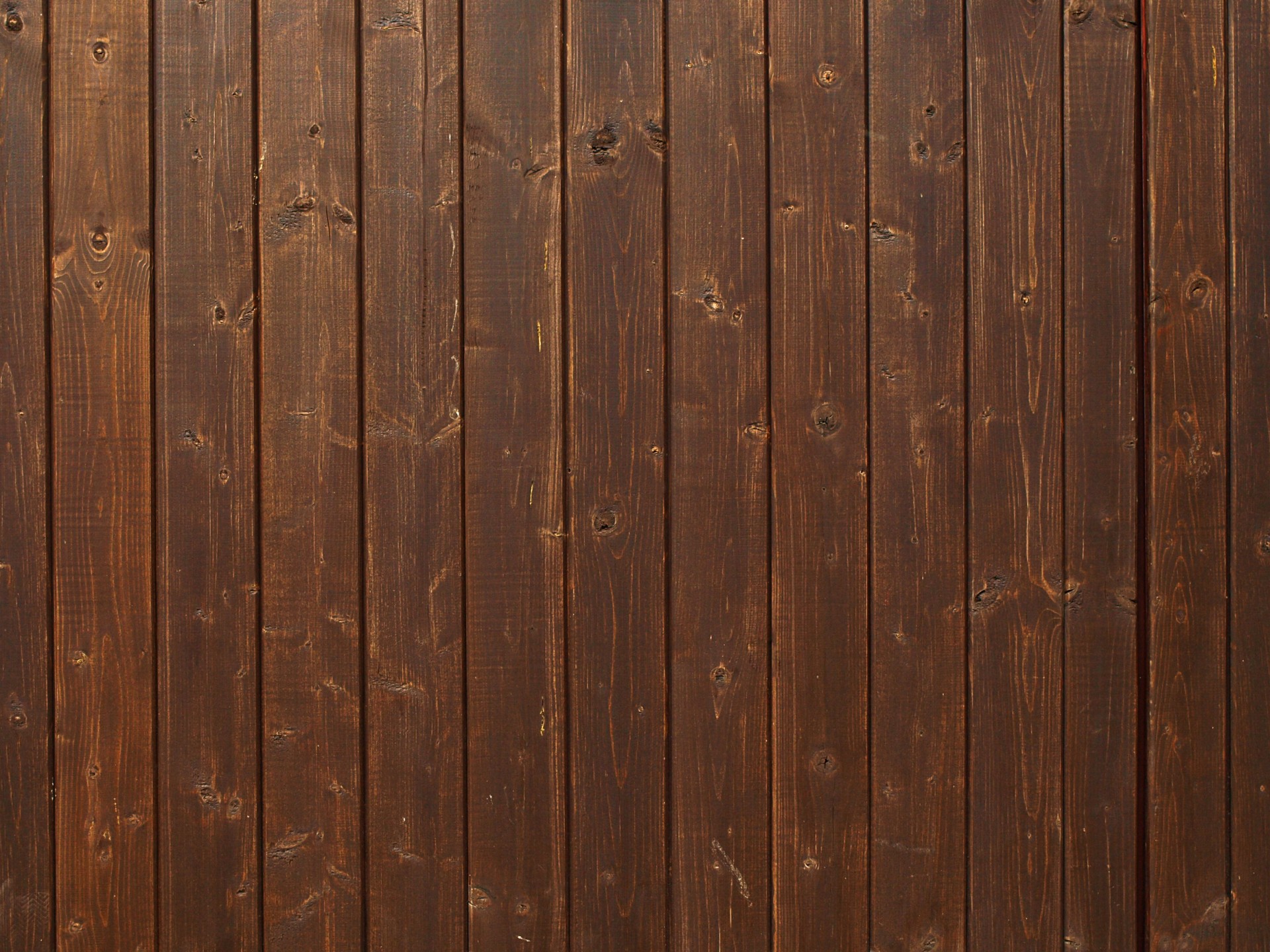

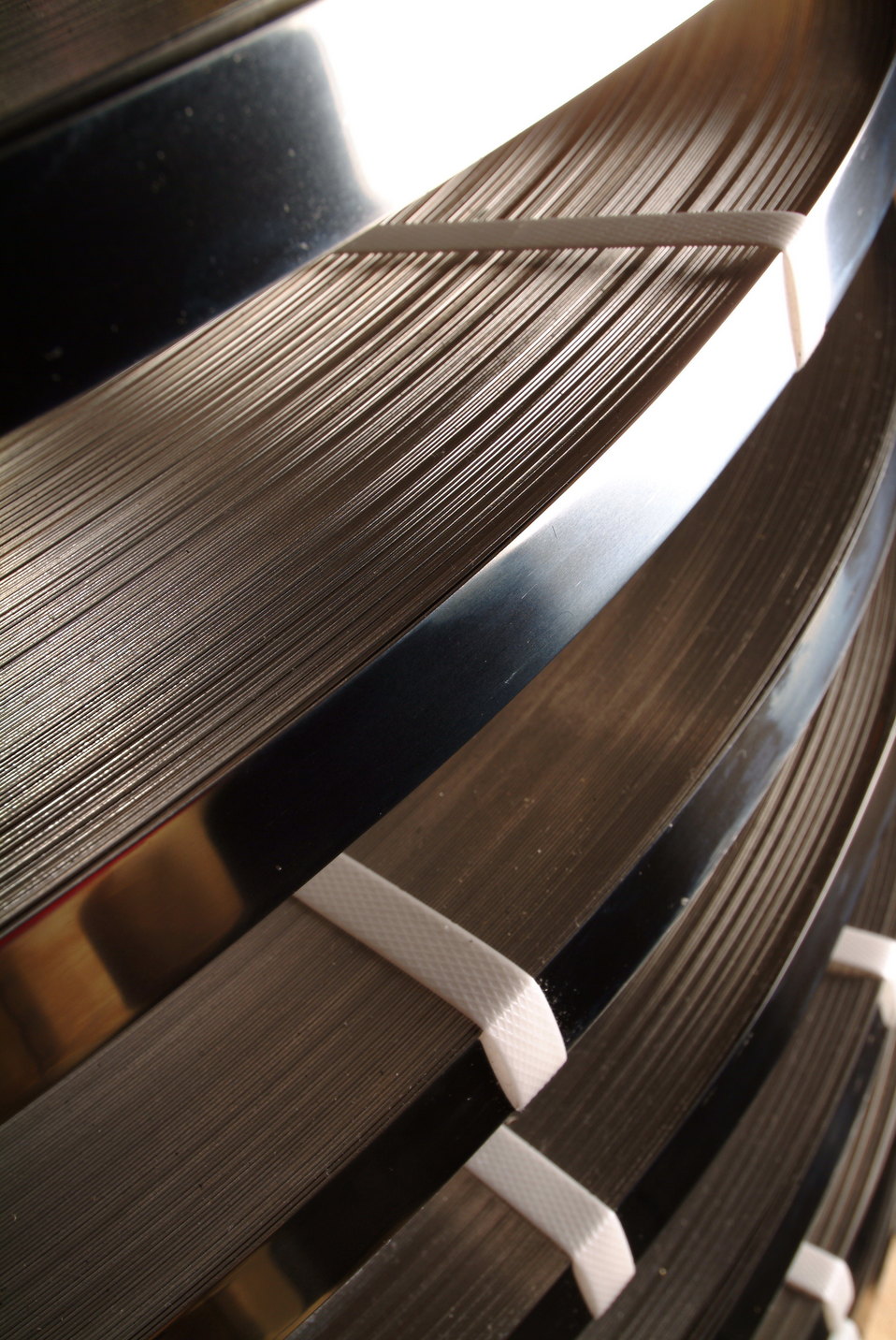
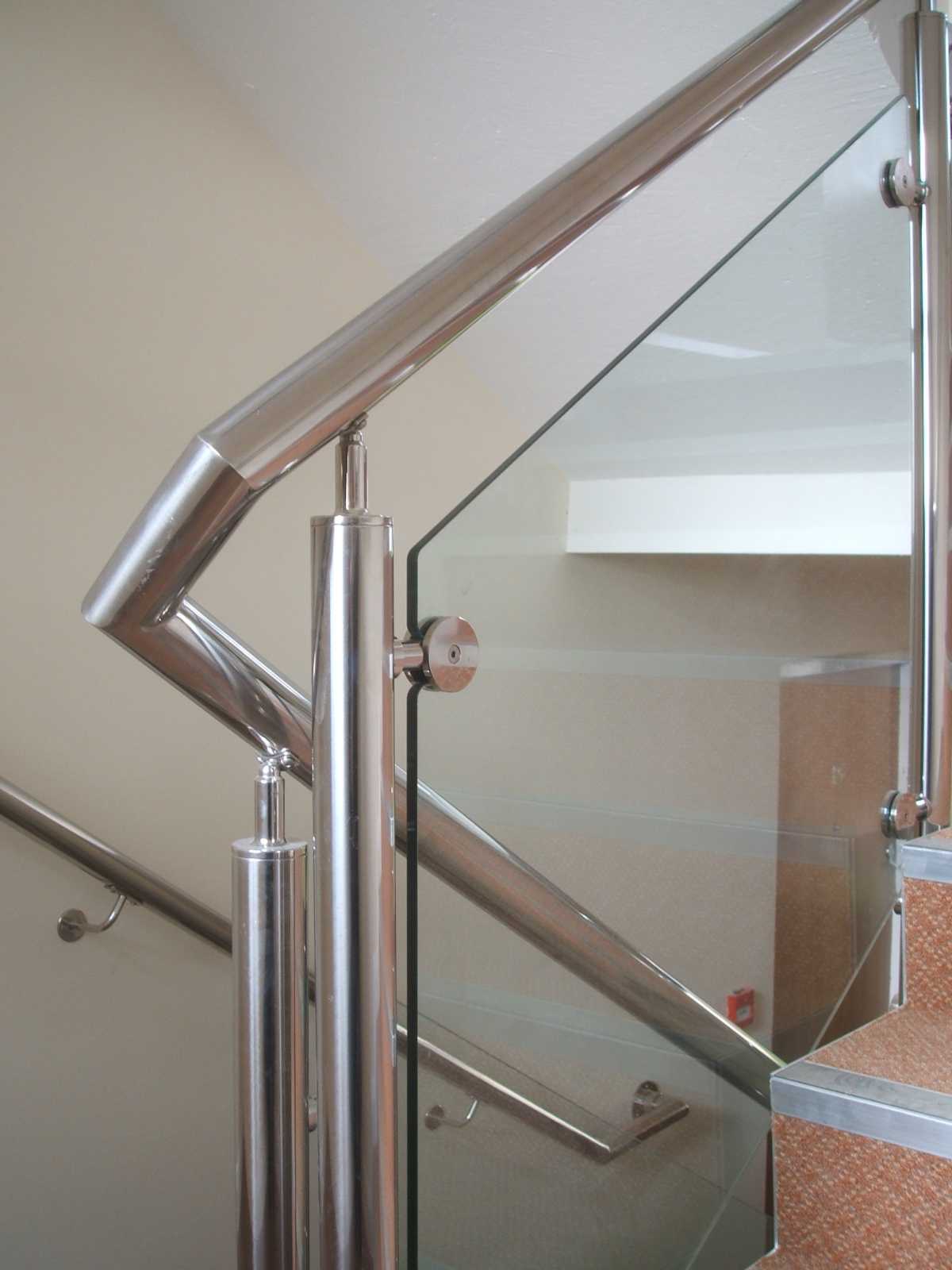

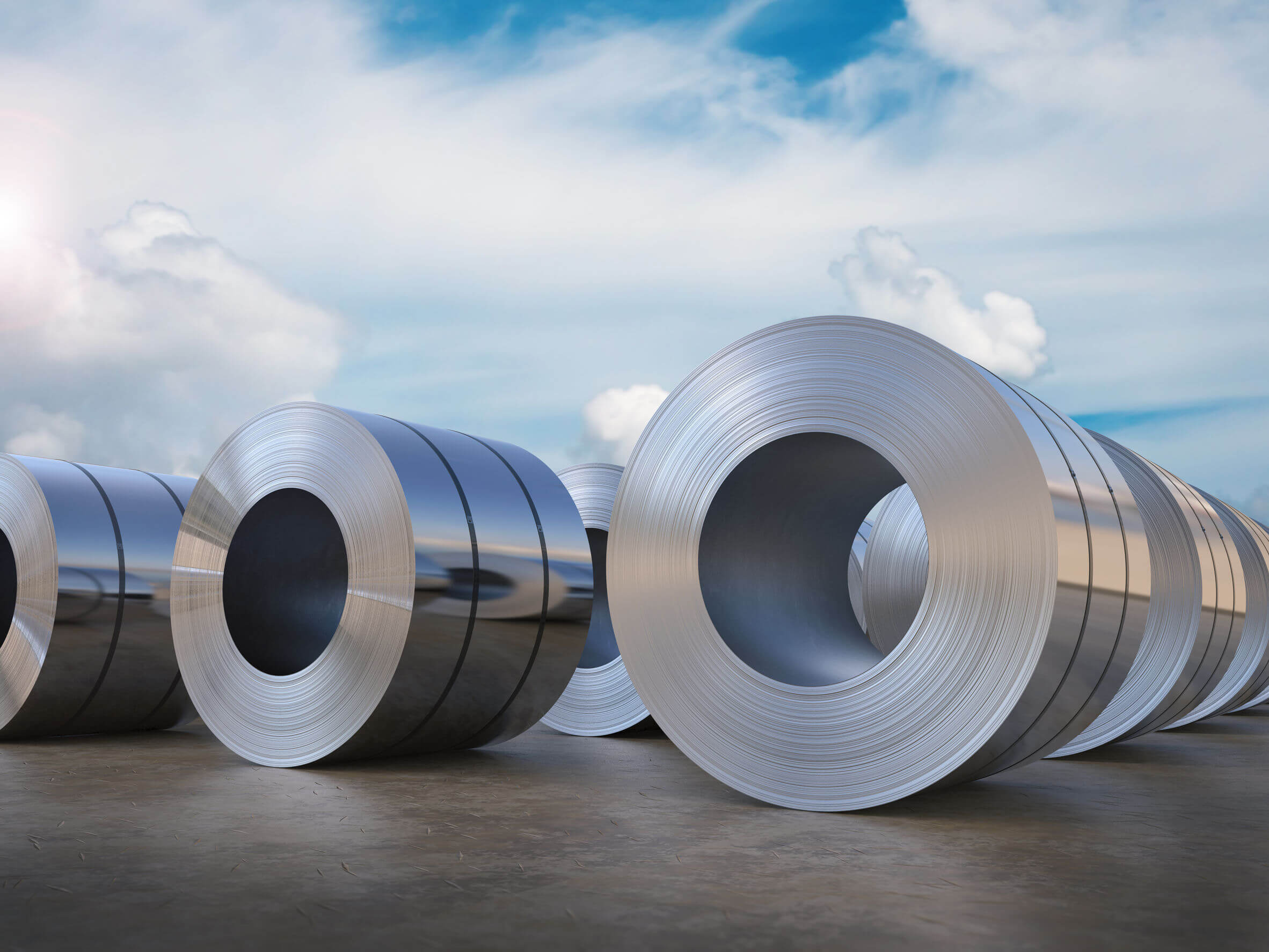

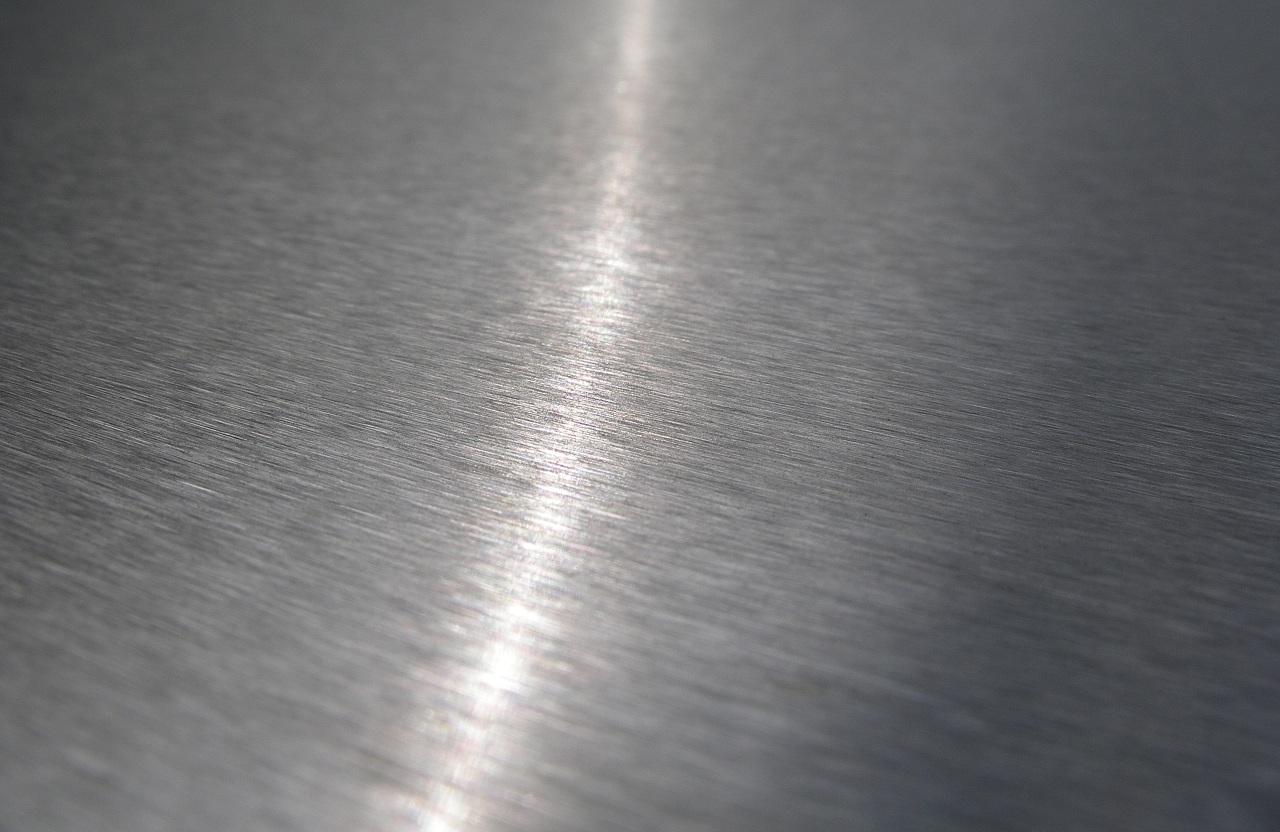
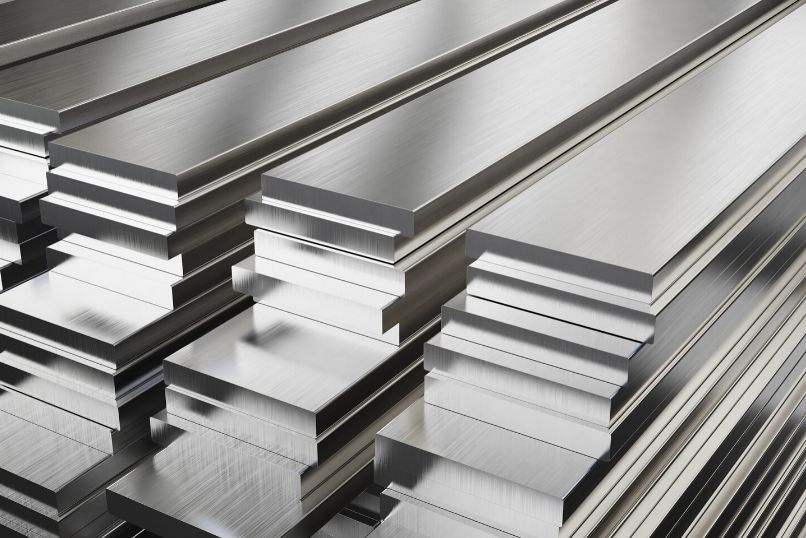




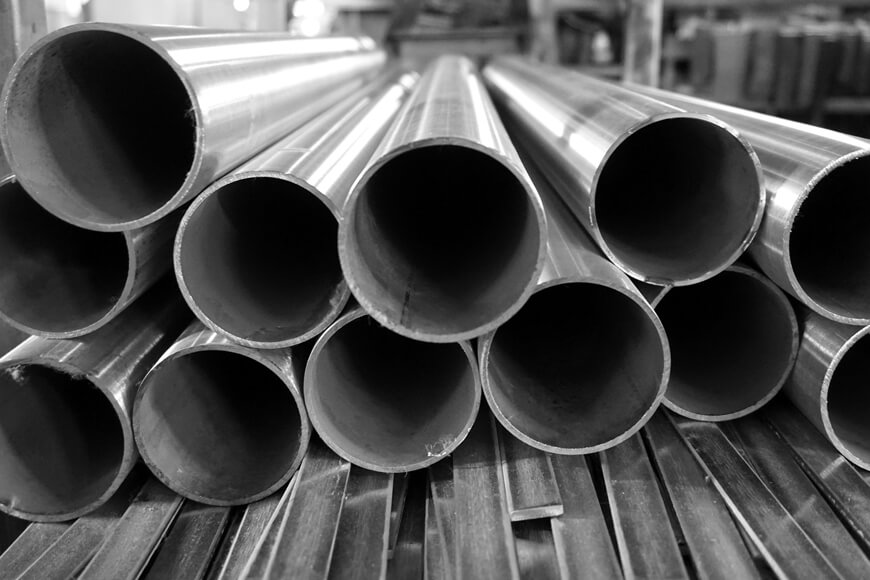



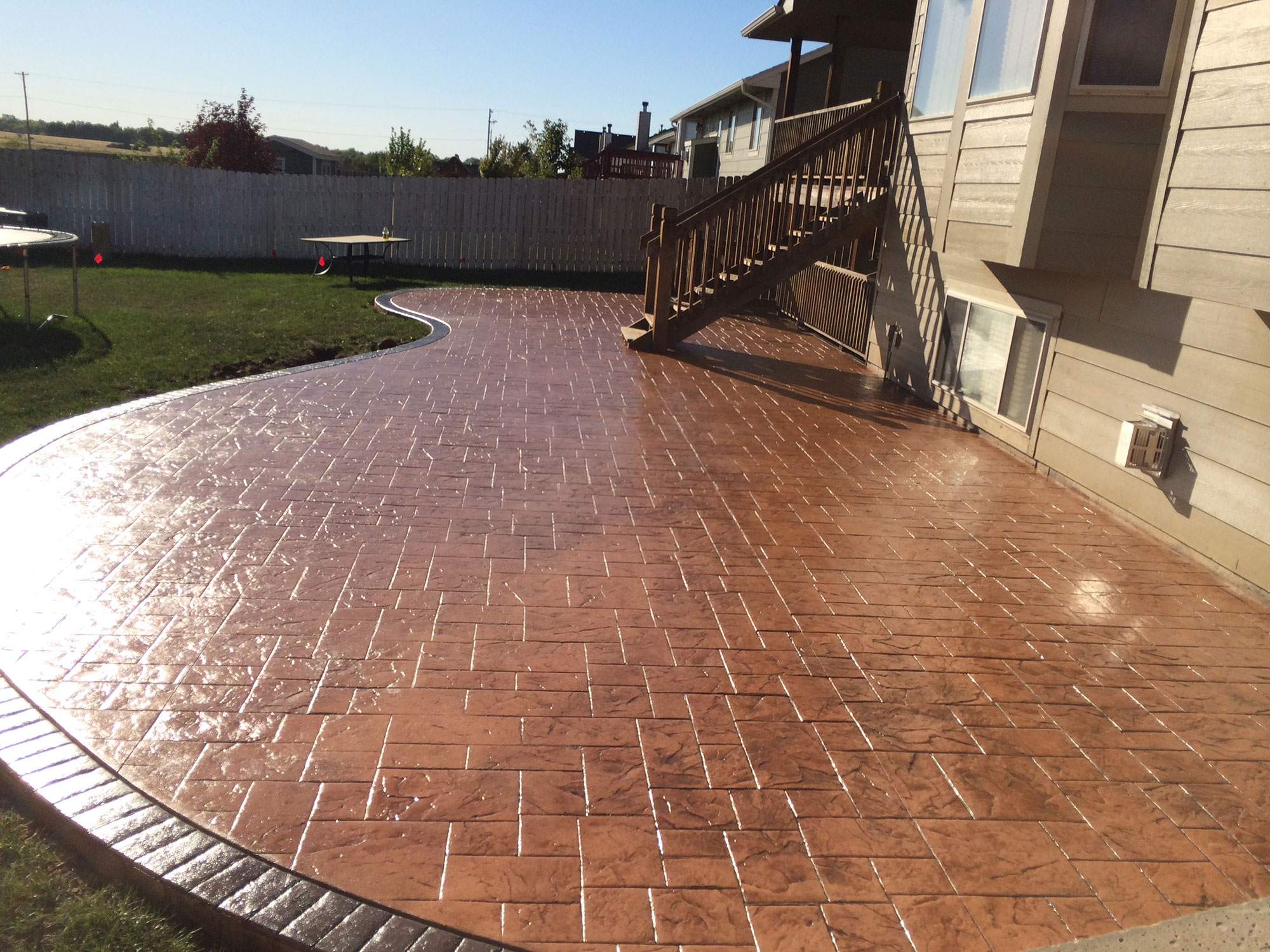
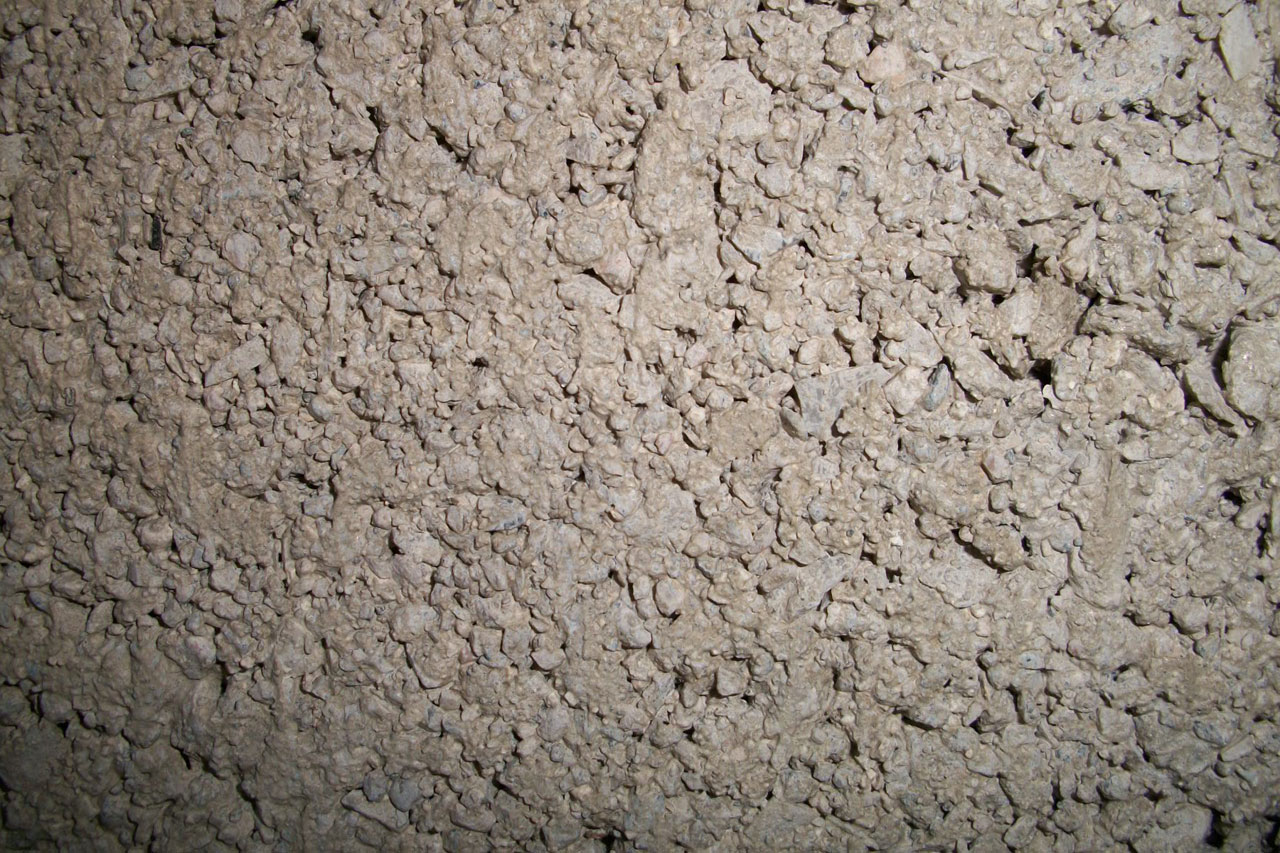



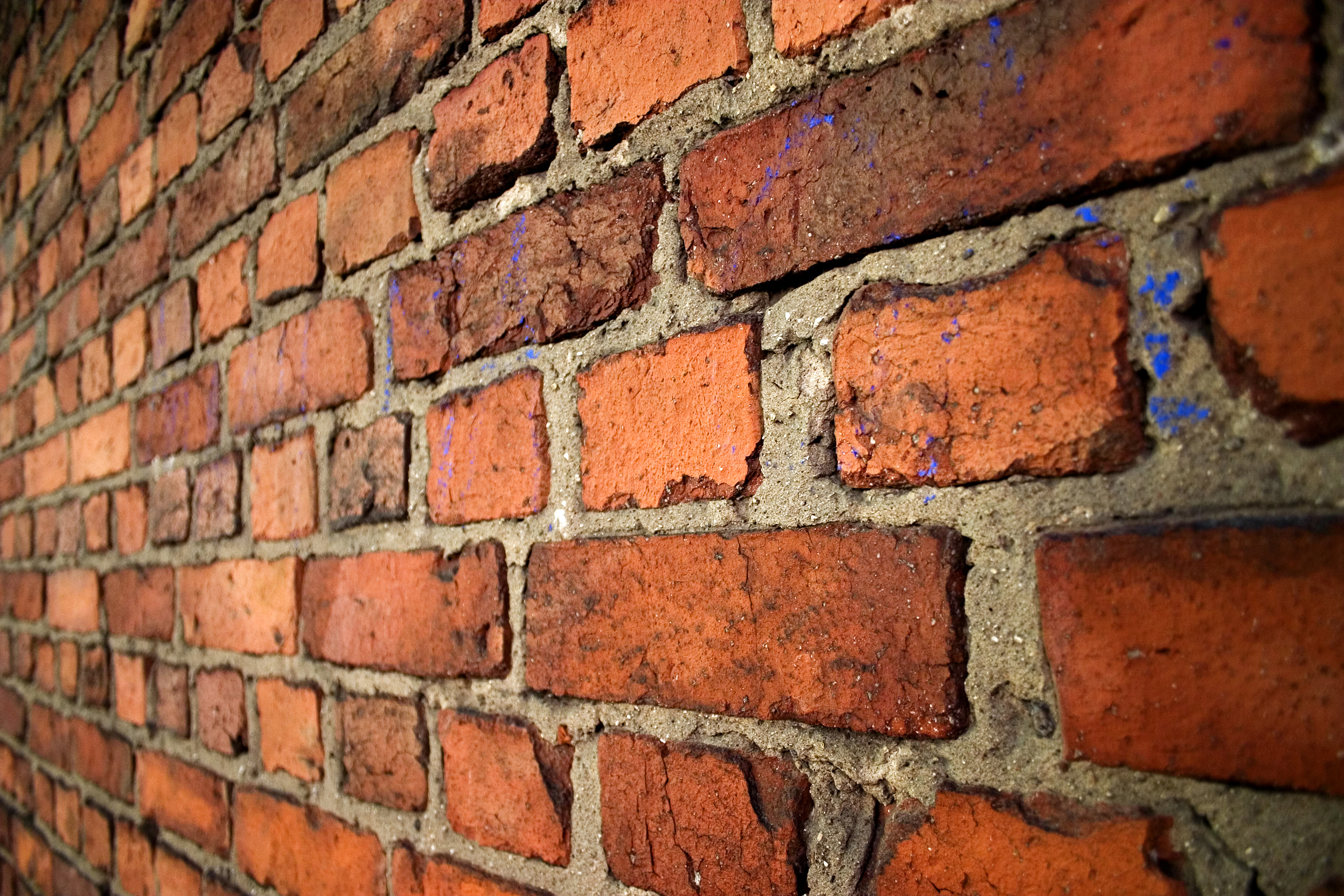

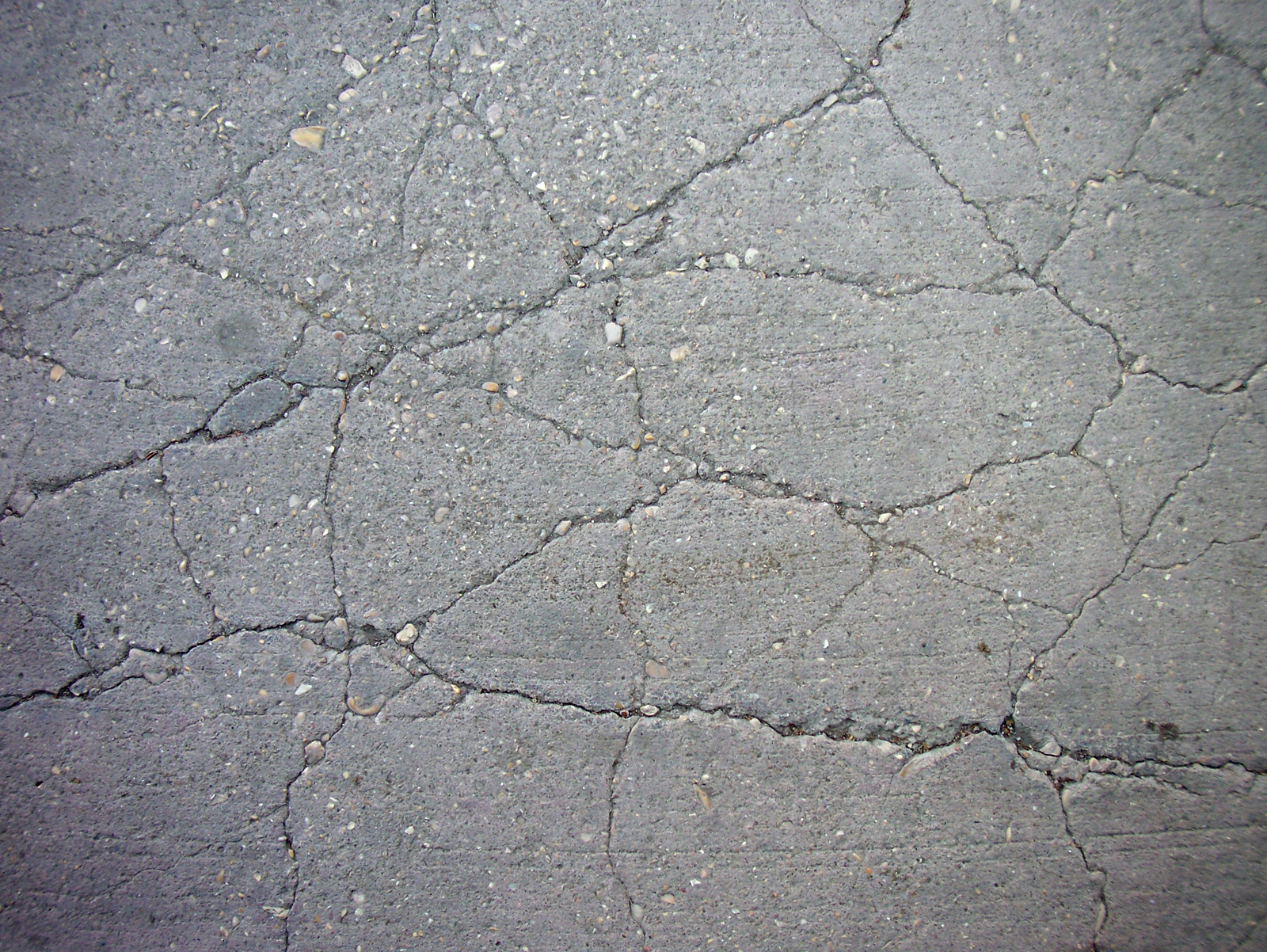
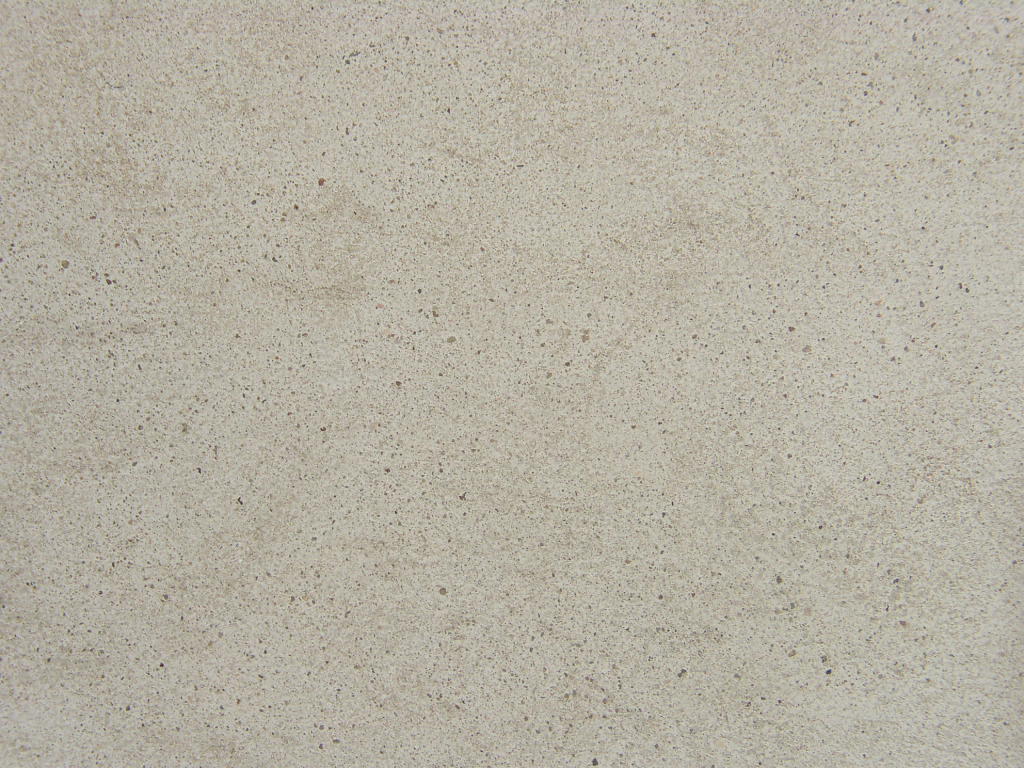



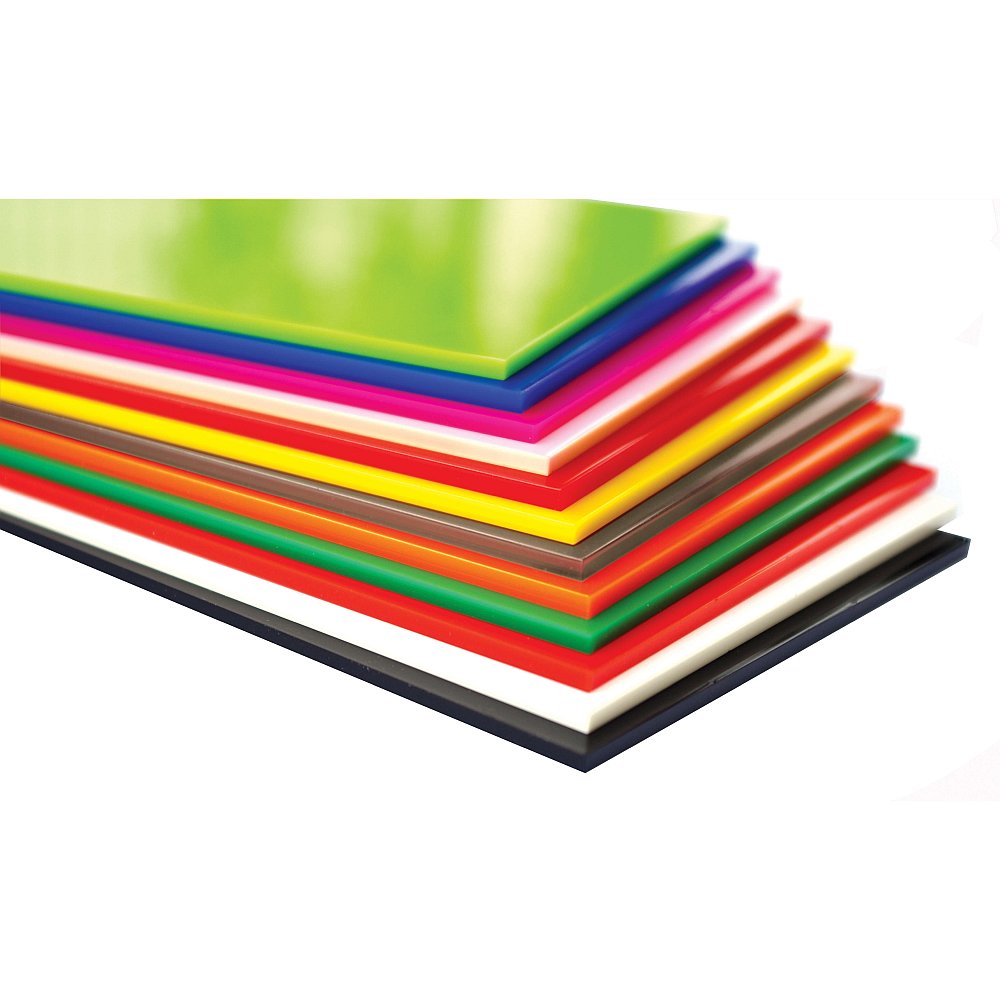
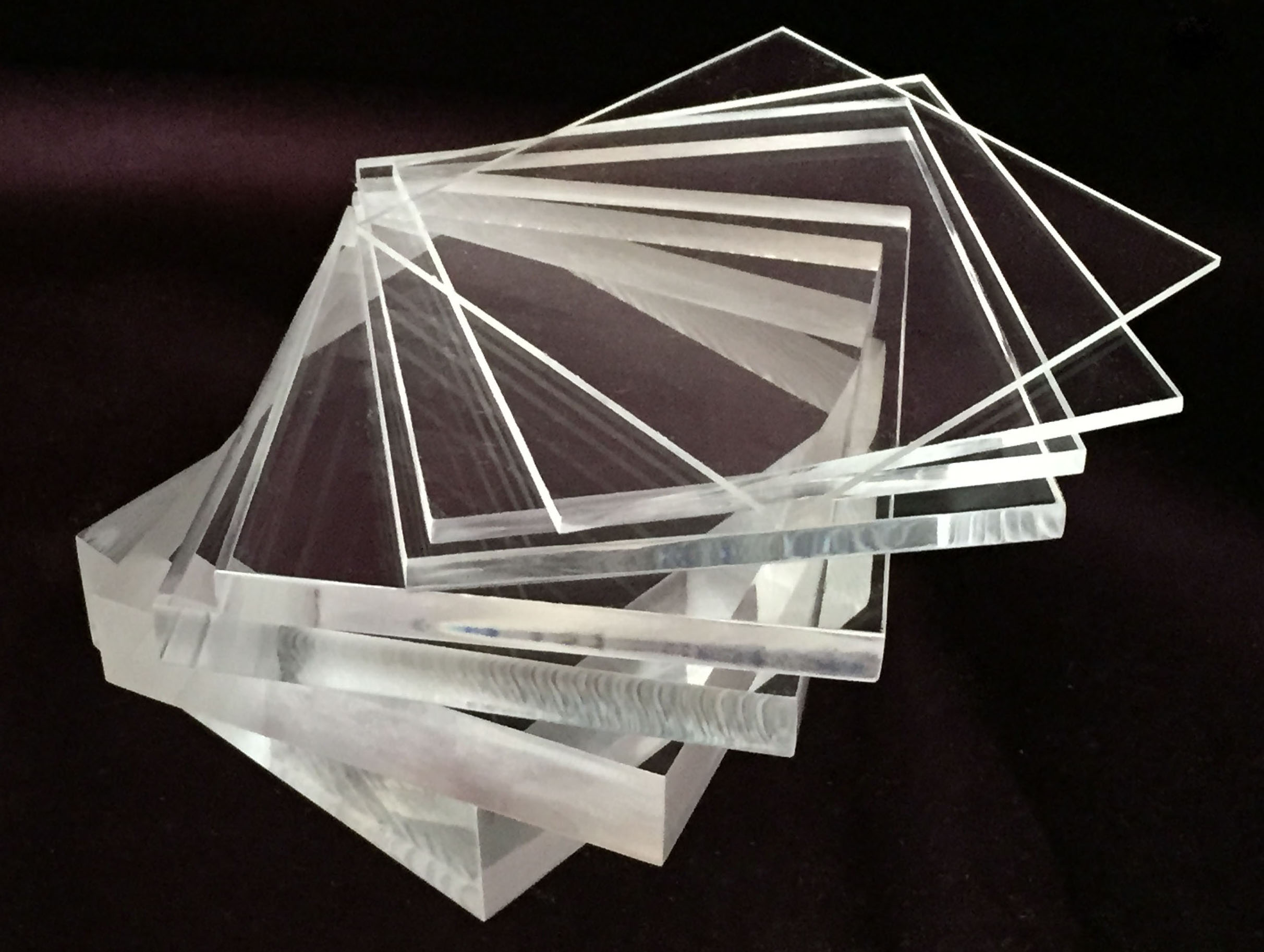

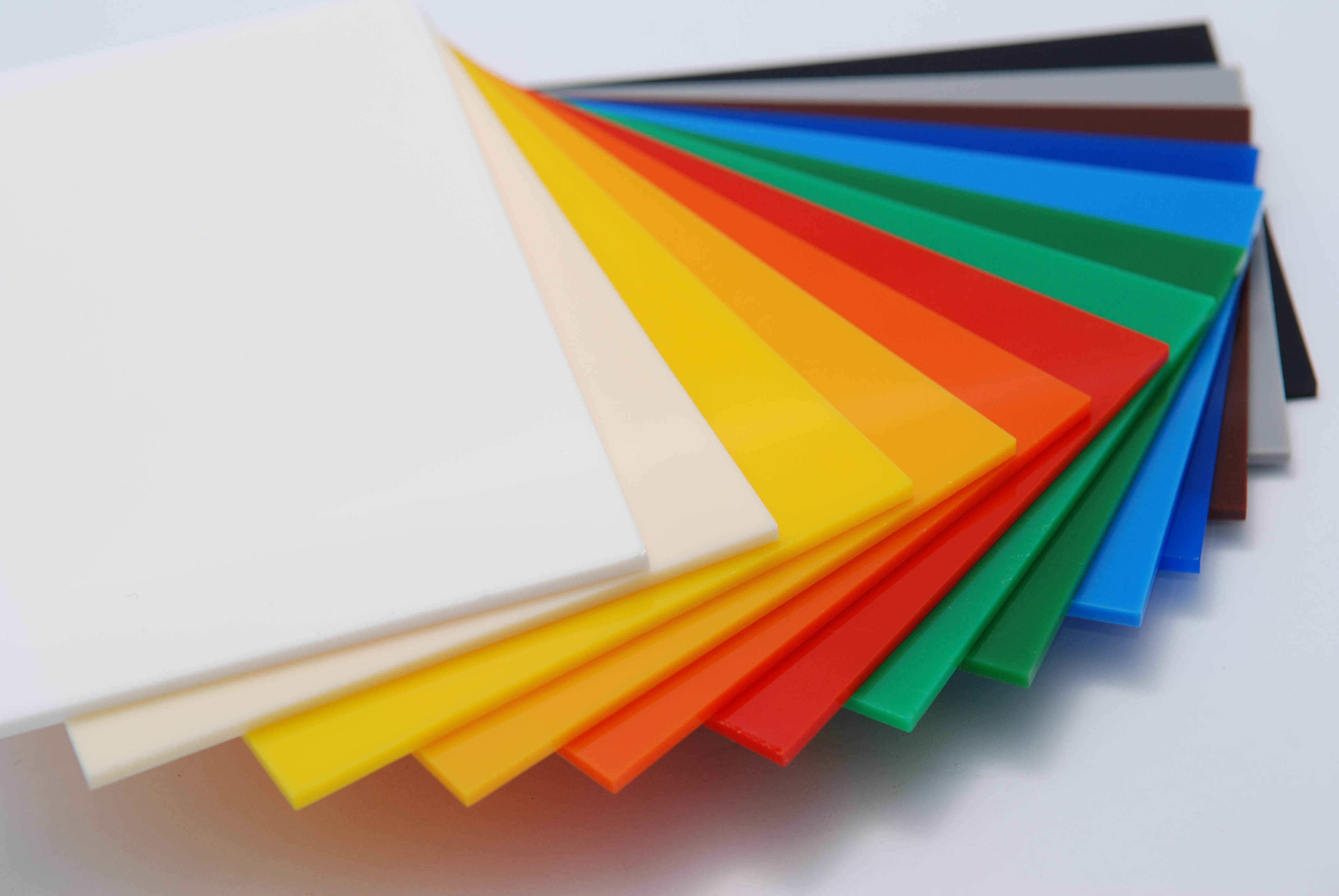
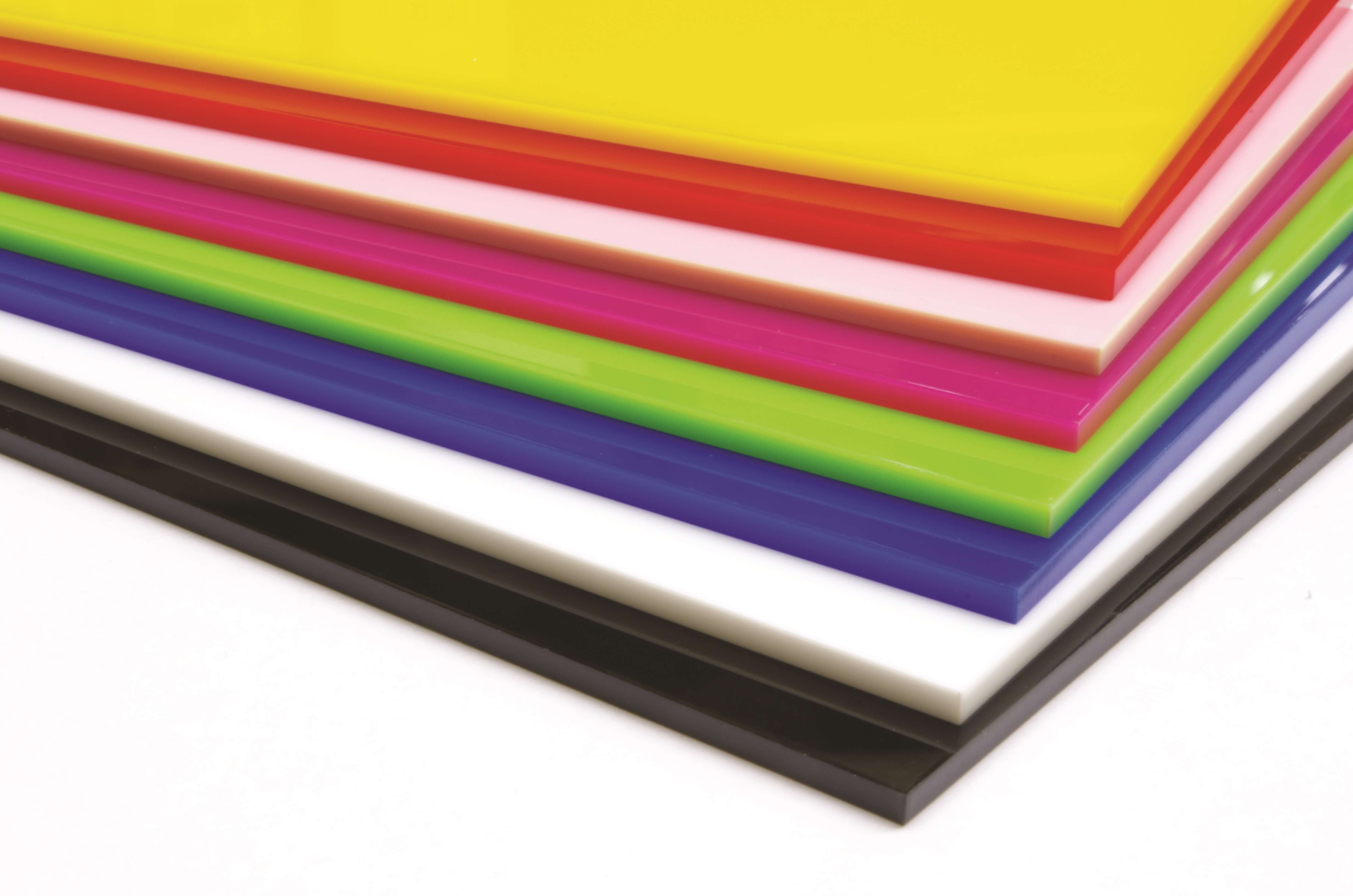
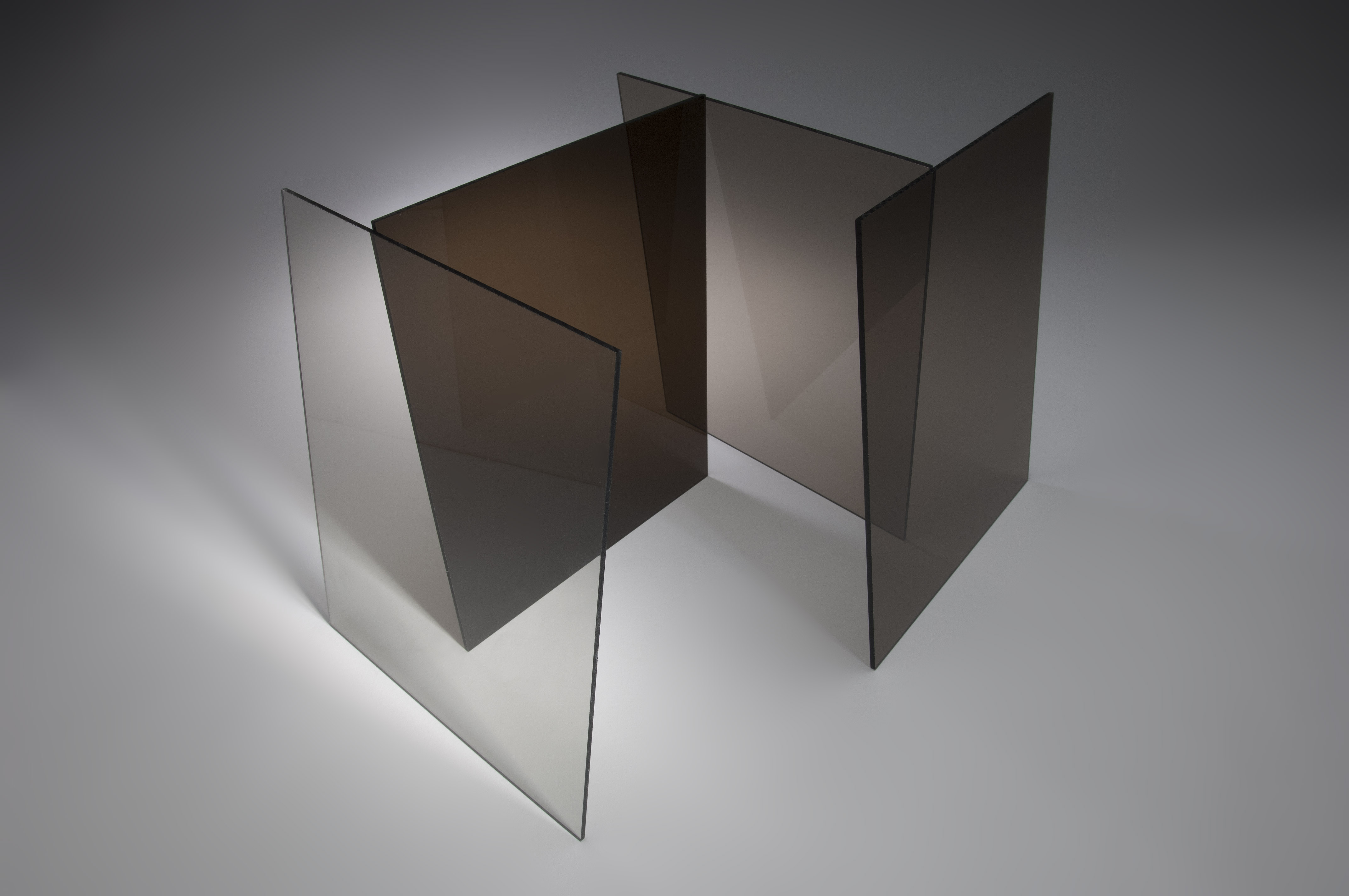
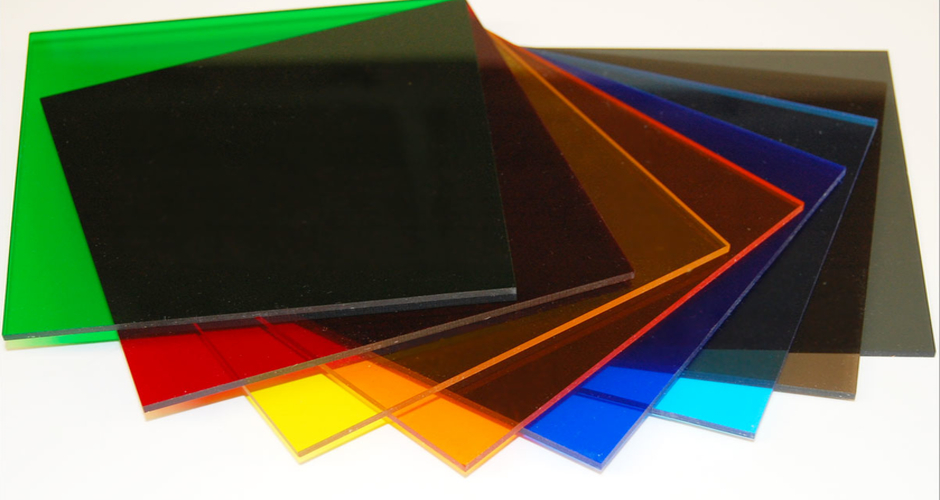
/acrylicpainttips_Beginners-56a6e7a65f9b58b7d0e56af3.jpg)
